|
"Statement: Early Childhood is not as rewarding as it used to be. True or False. Comment.” Not only was I shocked to read this question on an Early Childhood Forum this week, I was equally disheartened to read through the comments, finding that the majority of post responders were in favour of this statement. It is heart breaking to read so many adults working with young children are not enjoying their work, and if I am brutally honest, quite alarming! Admittedly, we have had a very calm year. Just recently we shared the news of zero staff turnover for 2021. Given the heartbreak that we, like many services, experienced during the lockdowns and ‘Child Care Package’ that COVID19 dealt us in 2020, this we felt was an amazing achievement in a larger service with approximately 35 employees at any time. Lockdowns and restrictions toward the beginning of 2021 made it difficult to organise as many team catch ups and professional development opportunities as we would usually, however somehow we have managed to really focus on our own team and planned spaces. Upon reflection, this has been a year whereby we have really embedded our ‘Across the Service’ program and practice. What a beautiful way to round out a decade of change, realising that the past 10 years of the continual pursuit of improvement have become the reality, and that our current benchmark is much, much higher. “Only those who will risk going too far can possibly find out how far one can go.” ~ T. S. Eliot We have shared our space with many visitors over the past few years. Only last month we hosted a team from another local service looking to implement change. The reflections from our visitors were beautiful to read – with many comments about how calm and relaxed our team were, how happy and engaged the children were, and how wonderful it was to see children being able to choose where they played, who with, or with which educator they wished to share an experience with. This led to us thinking about just how much we had achieved in what seemed a short space of time. Then the realisation that next year is 2022, and it has actually been a whole decade since the implementation of the Early Years Learning Framework, National Quality Framework, Queensland Kindergarten Leaning Guidelines, and basically all of the documentation of which we are guided by.
Oh yes, children! How amazing it is that we have been able to slowly remove physical obstacles for the children in our care this past decade. No longer are they confined by their age group. Children being able to choose whether or not to participate in an experience has helped increase the ‘reward’ for the adults. What is the point of trying to involve 10 of the same age child, who may not be interested in that particular experience, when you might have a mixture of 10 children aged birth to school age from the same service, who would actually choose to engage themselves in the same experience for a long period of time? That is not a trick question. Do you know how rewarding that is for the adult? There are so many moments within our spaces whereby we learn something new about an individual child. There are so many times whereby a child chooses to engage in an experience away from their homeroom, and with an adult from another homeroom, and just happen across a new interest. With these realisations of new interests in other spaces, and with other adults, come new skills and knowledge. Again, do you know just how rewarding this is for the adult? In 2012, we realised we could once again venture out the front gate. Our risk assessment was humongous, and we almost didn’t go out due to a few clouds looming. We were only walking a few doors down to the plant nursery where we had always gone before. One of the children commented excitedly as he walked ‘THIS IS THE BEST DAY OF MY LIFE!’ Fast forward to now, and we have provided thousands of ‘best days of one’s life’. It usually starts with “Hey Harry, we are walking to the Mobile (Truck) Library this afternoon after lunch, would you like to come? Yes? Your little sister wants to come along too? Awesome! Would you like to hold her hand for the walk?” How good is that? Harry has just volunteered to look after the younger child along the way. How rewarding is that when the adult shares that story with Harry’s family. There are so many other rewards that this past decade has provided. We have made many amazing friendships from like minded services through the phenomenal amount of Professional Development opportunities we have attended or hosted. Recently, one of our families has moved to Brisbane, however kept their space with us for the remainder of the year. A few weeks back we realised that they had not been able to find a space anywhere that they would be happy to leave their child and were waiting nervously on a small number of wait lists. Fortunately, we could recommend an amazing service who have attended every single Village Ways, every single Yarnin’ Up, and a handful of other opportunities we have hosted. It was so rewarding to hear a few weeks later that they had organised a tour and taken a position immediately. This kind of camaraderie between services has flourished over this past decade, something of which many of us have not had the pleasure of experiencing previously.
Whilst some of us have very fond memories from prior to the ‘trauma years’ (the ‘trauma years’ are basically the 10-15 years prior to 2012), before the years of over regulation, I still have to disagree with the statement. There is no way I would return to the years leading up to 2012, as what we are rocking right now has immeasurable reward. ... and the most exciting part... “The reward for work well done is the opportunity to do more.” ~ Dr. Jonas Salk
2 Comments
~ Written by Nancy Andrews ~ As an avid reader of books relating to childcare and education I was really looking forward to reading a Steve Biddulph book that I couldn’t believe I hadn’t yet read as I have gathered a large collection of his books over the years. We are slowly putting together a collection of reading materials for our family library at Milford Lodge and I really enjoy recommending books to families and following up on their thoughts regarding the content. The book in question which Molly found was titled “Raising Babies: should under 3s go to nursery?” This book was first published in the UK in 2006 hence the terminology of nursery as opposed to day care. Biddulph has very strong opinions on advocating for children under the age of 3 to be with their parent as opposed to spending their early days in group care. I actually found the book very depressing and judgemental. I remember saying to Molly afterwards “I’m not sure about including this book in our family library as I think the parents of our youngest babies will really be worried if they are causing long term damage to their child by using childcare” I was quite torn by my feelings on this subject, as this was the area I choose to do my dissertation on whist studying my Bachelor of Early Childhood. At this time, I also held very strong beliefs about the harmful effects group care could have on young babies and I intentionally choose to nanny or work in preschools with over 3's rather than work in long daycare myself. Part of my role as Educational Leader now involves offering tours to families of sometimes very young infants and sharing our philosophy and practice. This is not something I could have confidently done twenty years ago, as I would have felt I was betraying my own personal beliefs. Half way through reading the book one particular sentence stood out for me in which Biddulph bluntly said if your child is in group care they are treated purely as a number and the strangers who work in these services won’t care for them or love them as much as you. A photo I had seen of Sharna and baby Lennox in our weekly news to families from Avocado Cottage immediately sprung to my mind counteracting this opinion. The phrase ‘a picture can speak a thousand words’ springs to mind. I had witnessed firsthand the care and attention all our staff, particularly in Avocado Cottage and School House put in to forming attachments and settling new children into Milford Lodge at the beginning of the year. This photo for me captures the complete joy and delight we derive from our relationships with every child who attends Milford. I actually sent Sharna a text message that Saturday afternoon to say how much I loved the photo especially whilst reading such a negative book. Having had the privilege of working in childcare for close to 30 years now it is safe to assume I have seen my fair share of both good and bad day-care services in many parts of the world. To be really honest, it was not until I began working at Milford Lodge almost 7 years ago now that I finally found a place that I would happily trust to care for my own children (if only they were still little!). I thought I would share my own personal opinion of why and how my beliefs have changed since discovering this special place. You may not know this but when Milford Lodge first opened in 1986 Margaretha chose to initially only offer care for children older than 3. However soon after opening, families began asking about the possibility of caring for a younger age group. Margaretha decided if she was going to offer care for 2 year olds and subsequently babies it was going to be of the highest quality. She opened a new service specifically for 0-2years (this service is now Art Nuvo). Molly’s dad Frank built Avocado Cottage in 2004 and Margaretha ensured that babies had a slow transition into day care and only offered short hours to begin with. We are very sensitive to the difficult decision parents make when they are choosing a day-care service for their most treasured possession. The research into neuroscience has greatly advanced in recent years and great emphasis has been placed on the importance of the first 1000 days in a child’s life. This is referring to conception to the age of approximately two and a half years. With this knowledge comes great responsibility to ensure we act with the greatest of integrity. How do we do this you ask? One phrase the literature uses over and over is “’the human brain is designed to be moulded by the environment it encounters”. The environment is an extremely important element of a quality program, second only to the quality of staff. Margaretha acknowledged when she initially opened her home in 1986 that young children would be spending a significant part of their childhoods here playing, learning, sleeping, eating, finding comfort, and experiencing rich relationships with other children and new adults. Living in a group setting for up to 10 hours a day has the potential to create inevitable tensions and stresses. The home like environment we provide and all day access to a natural outdoor setting including going on daily outings in the neighbourhood and caring for animals eases the stress that young children might otherwise feel. Extraordinary amount of detail has been put into ensuring that the environments are aesthetically pleasing, warm, inviting and nurturing spaces.
Children who attend Milford Lodge learn that life is fun! Everything is done with a sense of joy, playfulness and kindness .It is sometimes difficult to explain our uniqueness to prospective families but this uniqueness is palpable upon spending time here. As I endeavour to inform prospective families of the intentions behind our practices I find myself elaborating on the qualities and values that are the foundations of everything we do here at Milford lodge, We give children the space to be exactly who they are. No one is pressured to be like anyone else ~ The Dr Seuss quote ‘’not one of them is like another’’ springs to mind in regards to our children but likewise our staff. I ask families what’s important to you? What are your values? Their responses enable us to delve further into our shared beliefs and what these might look like in practice.
We make a conscious effort to only have 10 babies each day in Avocado Cottage. Particularly at the beginning of the year this low ratio is imperative to helping babies to settle in and form relationships with their carer. Every member of staff across the service understands the importance of this time and great consideration and respect is afforded to these infants for example if we are conducting a tour for an older child we explain to the families why we are not intruding on the babies’ space and sense of security by walking a group of strangers around their room. It is always lovely to hear families comment on how nice it is to hear that our babies’ emotional well-being and happiness comes before financial gain. Staff in other rooms are always willing to give cuddles to unsettled infants as we know how the stress hormone cortisol increases when they hear other babies cry. It is easy to forget that as the only baby in a household they may have never heard the sound of another baby cry and anyone will agree it can be quite distressing. The staff in Avocado Cottage strive to have an unhurried, relaxed peaceful rhythm to their day. Babies eat and sleep when they need rather than following a strict timetabled day. This leaves plenty of time for one-one care throughout the day when we are not expecting 10 babies to eat and sleep at the same time. In her book 'No Bad Kids', Janet Lansbury stresses that children under three should only be cared for by people they have the opportunity to form a long term attachment relationship with. We try to have one staff member from the baby room transition to different rooms alongside children throughout their time here. At the end of 2017 it was so lovely to notice that the children who were preparing to start school had one staff member care for them for four years since starting in Avocado Cottage. Our low staff turnover supports this practice. The current staff in Avocado Cottage have a combined total of over 20 years of working at Milford Lodge. Karen has cared for a succession of siblings over the years including all 4 babies of one of our families. It is staffing considerations such as this that ease the stress of returning to work after maternity leave. Only recently I happened to notice that Migi was still here long after she had officially finished her shift. When I asked why she was only too happy to tell me how she wanted to stay back and play with baby Theo who is 6 months old. We love that staff find their jobs so rewarding that instances like this are very common amongst our team. A lot has to be said for our working conditions to which we have Molly and Justin to thank. Another early childhood consultant’s work that we greatly admire is Nathan Wallis from New Zealand. We recently shared a YouTube video of his at a staff catch up reminding staff about the importance of quality interactions. Wallis beliefs convey a much more reassuring message to families who use day care. He stresses that being in care will not ruin a child for life. It is but one risk factor and can easily be negated by other positives for the child such as: if they're first born, if parents are still together and are tertiary educated, if they learn to play a musical instrument or speak a second language etc. He mentions a very interesting statistic which you may well agree or disagree with-the eldest child in the family is more likely to be the most successful! All because of one factor-the one on one relationship they have with their parents before their other siblings come along. It was very interesting to hear a number of parents’ mention how during the school holidays they are thoroughly enjoying spending time with their school age child whist the younger child attends Milford. They mention how special this time together is and how much they had missed it . Another one of our families chooses to set aside one special day for each child whilst the other sibling attends Milford. What is so nice to hear is that the parents trust the child who is at Milford is having an equally amazing time. I see and hear firsthand the amazing focussed time each family at Milford Lodge spends with their child/children before and after day care. Whether it’s taking them to the beach of an early morning or late afternoon, spending time pottering in their gardens at home, reading stories together, bringing the family dog for a walk, going for a bike ride, cooking dinner together or simply allowing their child to watch them work. Parents make no secret that spending time with their children and as a family is THE most important thing in the world. It is all these factors alongside choosing a place like Milford Lodge that will ensure your children are having the best childhood imaginable.
I am very happy to share how my views about very young children in day care have changed over the years mainly due to working in such a special environment alongside wonderful colleagues. We know that parents are the most influential and important role models in a child’s life but whilst you are doing your other important job that you have studied/trained hard for and are making a difference in the world in your line of work please rest assured that Milford Lodge and our vision and practice in Early Childhood Education and Care is The Next Best Thing Not too long ago when the resource trucks came past our service, or we had a special day coming up which may require a template craft, each room was given a budget based on the number of children they had in their care across the week. This was before the regulations changed in 2012, and sadly we were still very much stuck in the era of age segregation, developmentally appropriate resourcing, quality checklists and other such nonsense. Every single room spent their budget, and usually a few dollars more. Around the time of the change in regulation, I decided not to bother about the room budget, and just asked people to order what they wanted. We spent LESS THAN HALF of the previous times. We ordered less resources, and I guess you could say became more resourceful. How did this happen? Some part of our human condition saw the figure and felt we had to meet that? It still blows me away. Ever since then, I have ensured each member of the team knows they can purchase what they need whenever they need it, and for larger purchases just come and ask. Since the regulations changed in 2012 we have been on an amazing journey at Milford Lodge. To consider that a few short years ago we were still under the old regulations, and then look at now. We have 100 children per day, aged birth to Kindergarten who are free to explore around an acre of licensed premise, with the main home and 5 separate cottages / buildings. They can play with whoever they want, whenever they want, wherever they want. They can share their day with their siblings or cousins. They can spend time with previous years' key educators. In fact, one might argue that is still the child's key educator, by their choice to continue to spend a large portion of their day, or share every meal time with them. What we are utilising when we allow this freedom for children is what is currently referred to as "Across the Service Ratios." In services where age segregation is still occurring, it effectively allows one room to be over ratio, and one room to be under ratio, so long as the ratios across the service are correct. It is to be used to benefit the children. A simple example of this is that a child has a sibling commence care. The child is distressed when their parent leaves, however is happy to play alongside their sibling. Both rooms are fine with this arrangement, as the child is happy and engaged when with their sibling (do I need to reference Laevers* again?). Now, if regulation currently allows these children to be together for their day away from their primary carer, why would we not utilise that? Sadly many services are using what is commonly referred to incorrectly as "Under the Roof" (Not sure how we would work that one, we have many rooves...) to save on money. And because of this there seems to be a general misconception regarding "Across the Service". There are regular outcries in public forums with educators calling 'worst thing ever', 'poor practise', 'stressful', 'wrong' and also 'illegal'. Fortunately for us, our local department host network sessions for free, one of which was all about Across the Service Ratios. They showed us exactly how it works, who it benefits (everyone!) and why it is best practise. So we have a large percentage of qualified Early Childhood Educators suggesting, no, really truly believing that Across the Service Ratios are terrible. But to be honest, it is the fact that the service they work in most probably uses everything they can to the financial gain. What if we removed the minimum? Now, I know this sounds crazy, but then, Milford Lodge comes from a time before too many minimums... maybe none actually. Children played freely outside with their friends, and the adults provided some pretty awesome experiences - cooking, gardening, pony rides, water play, community walks, singing and games.... oh, hang on, that's a bit like 2018 Milford! Imagine if we created beautiful spaces for children to enjoy, and then provided appropriate adult supervision for those children. Not based on their age or size, but in fact based on experience and common sense. Imagine if we drew on the knowledge of our families and community to provide this - oh wait, this is all in the Early Years Learning Framework, Regulations, UN Rights of the child and many more current documents. So why are we still so ridiculously intent on counting the EXACT number of 0-2s, 2-3s and 3yrs+ children in one space? Why are there still siblings in Australia crying for each other through an outdated regulated fence? And why is nobody actually thinking about what is best for the children? Centre Based Ratio Requirements: Ratios are calculated across the service (not by individual rooms) and are based on the youngest child in care. This gives providers the flexibility to respond to the needs of children. We *enjoyed* a spot check from our local department late last year, and they loved seeing Across the Service Ratios being put into practise correctly to benefit the children.
Kathy Walker suggests that if the children's needs come first all day every day like they should, then shouldn't services adapt their practices - I can guarantee that it is in every service philosophy in some way, shape or form. I have never read a philosophy that states "We aim to group children by their date of birth to provide quality care" or "It takes a Village to Raise a Child, but in this village thy siblings shall not meet..." To all of those working with young children, we are now 7 years into the new regulations, regulations which were more favourable to the services who stuck through the "Trauma Years" (Thanks Michelle Scheu - my favourite line). We are in an era where services can now offer more freedom to children. Milford Lodge is not usually one to promote trends, on account of usually 'walking to our own beat' - but if you are really passionate about quality care for children, and believe you advocate for their rights to play and to be happy - and for goodness sake, to spend their few short early years with their sibling then now is a good time to jump on that bandwagon. Get on it before it's gone. We were extremely fortunate to have had the privilege of listening to Wendy Lee for the second time last weekend. I love everything she stands for - and her main message, the key ingredient to this 'teaching' gig - RELATIONSHIPS. Both times I have listened to Wendy, she has reminisced about two great teachers she has experienced as a child, and that they had cared deeply for the children in their care. Having heard her the first time, I thought about my own experience as a school student, and could not recall if I had in fact had a great teacher, that stood out, and whilst I recalled many good teachers, I ruled it out. I'd never had one. Having heard Wendy reiterate these memoirs at the weekend, it has had me thinking yet again - have I had a great teacher? In the meantime, we have had some exchange students from Tatebayashi, Gunma, Japan stay with us this week. This has been very special for me, as I was in fact part of the pilot year for the sister city relationship between Tatebayashi and the Sunshine Coast... 21 years ago! We have 2 students staying with us, and one has been extremely homesick. It's all cool - I've done this before! And as we all know when we get older, it feels like only yesterday... Whilst the old Japanese is quite rusty, it has made me realise just how much I have known and experienced. Slowly blowing the dust off this week has uncovered so many treasured memories, and has made me realise, actually, I had some amazing teachers at Matthew Flinders. In 1996 we hosted the first students from Tatebayashi. We were only 13. The students staying with us, many of whom had never been abroad, were also 13. For one whole week we had a sister or brother. Language was not easy as both parties had only learned the other language for a few years as a school subject, jammed in amongst all of the other subjects in our week. This was the 90s - no devices, we used our dictionaries to assist our broken conversation. Risa cried most nights, and then pointed to her dictionary "cry baby", then we would both laugh, her through her homesick tears. We got out of school for an entire day to go on tour with them, on the Sunshine Coast. We all had a great week, and were sad when it was time to say goodbye. Fortunately the idea was to reciprocate, and so in 1997 - just 12 months later - a whole bunch of us from 3 different grades boarded a plane to Japan with two Teachers, one amazingly fluent, and one with not one word of Japanese. Our first stop was Kyoto for around a week. Our extremely experienced teacher took us to a plethora of temples, shrines, castles, parks and of course (by bullet train) to Hiroshima. She taught us how to navigate the suburbs, cities and country via bus, train, subway, bicycle, on foot - you name it - she ensured we were all over it. And we were. She found us little side streets for authentic gifts and top notch okonomiyaki. Knowing we were going to Japan, she had honed in on the directional language and anything we would need to know to get us around. We got back to our hotel each day, after a full day experiencing history, culture, cuisine and people, and changed out of our school sport shirt, and into civilian wear. And here's where I realise how great our teachers were. They basically said 'see ya later' - go out (in groups), find dinner, go shopping, meet people, enjoy the city, and be back by 9pm. In a big city, in a foreign country. We knew how to go anywhere on whatever transport the city had to offer and speak enough to work out what was happening. We were 14. We were also in the mid 90s, and so we had no phones, no devices. What a great time to be overseas without your family at 14! How funny, I kept trying to think if I had great teachers, and kept hitting blanks, as I was considering the classroom. As we look forward to hosting Peter Gray in October, and having heard his story of allowing his own son to go to London on his own via plane at around the same age, I realise just how privileged we were as students, not only to be able to go on a 3 week trip abroad without our parents, but also to be able to be given those gifts. Those two teachers gave us some of the greatest gifts of all - trust, freedom and independence. (Not to mention real knowledge - the useful 'street' stuff!) So if you are reading this, sincerest thanks Jo Bush & Lyndel Grant - great memories allowed by two fabulous teachers! My schoolmate Jodie with Lyndel Grant & Jo Bush on the train
The past six months have been extremely hectic. November & December are always busy with events and the mad rush to somehow clean everywhere (home and work!) by Christmas Eve, or the day before you leave for holidays. The first two weeks of January included the finishing touches on our beautiful new Library, and whilst the plan was to then only do small jobs for the remainder of the time - no... we decided to completely gut the bike track area, including dry creek bed and 20 years worth of chip bark, just to make it look 'fresh'. After this the realisation of participating in a (serious) season of surf boat rowing with an extra decade under the belt, renovating a house, running a business and taking care of a family was not as carefree as I recall from my 20s! After a disappointing cancellation of our National Titles we were straight off to Ireland for the best friend's wedding, only to return at the beginning of May. I blinked and six months just flew by. Now that the calm is setting in (thank goodness) and I have time to partake in the 'think tank' jobs, it has dawned on me over the past fortnight that we have been missing something these past six months. We have actually lost our greatest teacher. Duncan McNaught fist began sharing his knowledge with our children back in 2013, when my own daughter Niamh was in Kindergarten. From that first Urban Food Street adventure a wonderful relationship formed. Over the next few years we became much more frequent visitors to Food Street. Our children harvested rosellas, turmeric, sweet corn, pumpkin, cabbages, lemons and much more. We dug with our hands, washed produce with the hose, cut with the secateurs, tasted with all of our senses! Duncan always kept us on task "Come on guys - this is serious work we're doing now!" One could quite easily underestimate the learning environment that such a place is for children. Not only were the children gaining knowledge on various types of produce, there were so many other important learning opportunities occurring simultaneously. We'll start on the physical. Obviously walking to and from and around Urban Food Street was big enough in itself, but then all of the other muscle groups like squeezing the hose or a pair of secateurs, digging into the ground with your hands or a shovel, carrying produce, or using your hands and fingers to peel. The there is the social. During our visits to Urban Food Street the children are talking to each other, to Duncan, to other residents or people walking their dog. They are asking for things and taking turns. They are discovering new words for their ever growing vocabulary. They are curious and not afraid to ask. My favourite was a question from Shi Qi (4 years old) last year who interrupted Duncan mid sentence to ask him "But Duncan, why are you so old?" Duncan laughed like anything, took it in his stride, said something about how old he was and then continued with what he was sharing with the children about. And we can even mention the more 'academic' outcomes too if that floats your boat. On many walks to Urban Food Street children began to point out the house numbers and then they began to look for them on the walls and letter boxes, and recite the numbers on the front. The older children would then share that knowledge with the younger children. Number 10 is actually in a big tree. Then there are all of the street signs along the way, not to mention the Urban Food Street community chalk boards (telling of upcoming working bees etc.) and also the little produce signs. And let us not underestimate the most important outcome for all of our children - wellbeing. The children being able to spend a few hours of their day wandering around the verges of Urban Food Street with their friends - actually, not just children - anyone! We could go on and list community involvement, sustainability, health, safety and many more, however I think you get the picture. As we visited more and more, our children began to share their knowledge and skills - to the point that our families became curious. Then began our quarterly family walks, a beautiful start to the day with a 45 minute walk around the verges led by Duncan and finishing with a complimentary breakfast. These mornings were such a highlight - with many families bringing grandparents, uncles, aunties, older brothers and sisters, babies in strollers and family friends. They were always filled with questions (from all ages!), sharing of knowledge and lots of laughs. Six months ago the residents of Urban Food Street each received a letter from the local council stating that they would need to get permits and $20 million public liability insurance if they wished to continue growing, after a complaint was made about the appearance of the street and the safety of the verge gardens At the time, we shared our sympathy and offered our support. But I fear it is too late and perhaps we could have done more. And now we pay the price - we have lost a valuable part of our program and our community. Yesterday we were all in shock with the news that the council moved in, cut down, and massacred all of the fruit trees growing outside Clithero House (Duncan's house). They did not even stop to allow the residents of Food Street to save the produce which was all ripe and ready, and in huge abundance. What message are we giving to our children by vandalising this community? In an age where we are apparently promoting sustainability, we tear down mature fruit trees laden with the best produce around and just toss it in the bin. In an age where mental health disease is at an alarming all time high, we ask such an initiative which has boosted local community health and wellbeing in immeasurable amounts that they pay Public Liability Insurance. In an age where families are becoming more and more disengaged with each other we cut out the heart of a real community. 8 years of passionate, hard work to hopefully make a change for the next generation... just taken away. I have never witnessed any of our children walk into a lemon tree, trip over a cabbage or crack their head open on a nasturtium leaf. What I have witnessed in Urban Food Street is a beautiful and caring environment for our children to share, learn and grow in - a 5/5 on The Leuven Scales for Well Being and Involvement. Those with children, or working with children would hope not only that their children are happy and involved, but that they also know right from wrong.
On a walk down to UFS to witness the destruction yesterday, my little friend Flossie told me "They're very mean!" She nailed it. 'We have had the privilege of listening to amazing speakers over the past few years, including Peter Gray, Teacher Tom, Alistair Bryce- Clegg, Niki Buchan, Kathy Walker, Prue Walsh and Juliet Robertson to name just a handful. One of the first speakers we heard at our first Inspired EC "Unwrapping" Conference back in 2014 was the gentle and softly spoken Wendy Lee from New Zealand. Wendy shared many beautiful messages and memories with us, but her main focus for that particular conference was meaningful documentation. It was time to rid ourselves of the DAP system and checklist style documentation that the 'trauma years' provided and really strip back, and start to think about documentation that a child and their family would cherish well past their Early Years and hopefully for their entire life. What an exciting time for us, to be able to really put thoughts on paper in the form of stories and letters for children to keep a memory of their time with us, and not just a tick box chart of whether they could kick a 10cm ball through a 20cm hoop while standing on one leg with their eyes closed. (OK, the checklists weren't that bad, but we were still very happy to rip, tear and destroy!) Wendy said that many people suggest to her that they cannot write, or that they aren't writers. But she says that everyone can write. They just have to start. ~ 2014 through to 2015 was a difficult time for my family. My father, after 6 years of living with an extremely debilitating stroke, was diagnosed with pancreatic cancer and we all knew that he had actually just had enough. He could no longer handle living like he was. With a little help from the medical profession, he prolonged his few weeks to around 3 months, but it was not easy on him, or anyone around him, especially his family. Whilst it felt like odd timing to write one of my first learning stories, it had been on my mind, and so I actually wrote this while he slept, and about half an hour before I said goodbye to him for the last time. Dear Harper, I wanted to let you know how happy I am that you have come to Milford Lodge and also how amazing it is to watch you find your sense of belonging. When you first started coming to play at Milford Lodge you were very sad to say goodbye to your dad and I could see how sad that made him, which made me sad too. There were lots of tears and you would tell him “Don’t be too long now dad, ok?” We would have lots of cuddles throughout the day to help make you feel better. Over the past few months your days with us are changing, and there are very rarely sad moments throughout the day. In your first few weeks, you did not want to have lunch with us, as you were waiting to have lunch at home with your dad. I loved that you wanted to wait to have lunch with your dad, but I just made sure that you had a snack while you sat on my lap anyway. Eventually you started walking to the kitchen to ask Tahneeka for a snack yourself, and now we fast forward a few more weeks and you sit and eat with your friends at the table and casually say hi to me if I walk past. I wonder if you still have another lunch later when you get home, with your dad. One day when we were having a cuddle in the foyer, you asked me about my dad. You told me to phone up and ask my dad if I could stay longer at Milford until your dad came to pick you up. A few weeks later I introduced you to my mum. You looked at her, and so confidently (as always when you talk to adults) asked her if she could take you to see him. So you went with my mum, hand in hand, upstairs to meet my dad. Did you know that only you and red chicken have been up to see my dad? Lucky! You still cry a little bit when your dad says goodbye in the morning and you always say to him “Don’t be too long now dad, ok?” I wanted to let you know that it is ok to feel like this, and I want you to know that even big people feel like this. See Harper, I understand how you feel and this is why I have formed such a special bond with you over the past few months. We are so lucky, you and I, to have such awesome dads. I am about to say goodbye to my dad and I will probably cry, you might have to give me lots of cuddles throughout the day and if it’s ok with you, I may even borrow your line and tell him “Don’t be too long now dad, ok?” Thank you Harper. I think you came to Milford at just the right time. Love Molly. 6th November 2014 Harper's family loved my letter, and I would like to think that they will keep it forever.
I am very much looking forward to listening to Wendy Lee again this year, as she headlines at our Village Ways conference. I might even take her up the hill to have a drink with my dad. When we ask people their recollections of Milford Lodge, even from before we offered a full kitchen, they almost always include the enticing smell of baking wafting through the front entrance upon arrival. As children attending Milford Lodge in those first few decades, we collected the eggs from the chook pen, which then went into those daily enticements better known as morning tea. There are always many more recollections from the children and families who once attended, however for some reason those wonderful and welcoming aromas seem to have their own special safe place within the memory bank and manage to come wafting back at the mention of their time at Milford Lodge. There are memories surrounding food that are no longer acceptable now like these children licking the bowl after helping make a cake including eggs from our own chickens. Where do we even begin to list the health and safety issues surrounding that! I recall bobbing for apples against my best friend on another occasion. And I am certain that when it came to lunch time, we all shared from our lunch boxes with our friends. Fast forward to today and we have had a full kitchen for the past decade, complete with chefs who are extremely passionate about providing good, wholesome food for our children. But is it all about employing someone to plate food up for children? Not it is not. It is about so much more than that. The chefs have a pivotal role in making food a massive part of our daily program, from the garden to the plate. Our chefs are not only interested in the food that they are serving to the children, they are genuinely concerned of the health and wellbeing of every child in our care. They ensure children are given the opportunity to work in small groups, helping prepare food, take leftovers to our pets, and even go to the trouble to find odd jobs for the child that just wants to have some quality time with them - like peeling stickers off apples! (No joke!) Our chefs have conversations with our children, and take a genuine interest in their learning. They are also extremely patient, and happy to answer the 100 questions that can emerge from a four year old within minutes. I was part of a conversation of families discussing Early Childhood services recently. The conversation began due to one parent's impending 'return to work' from Maternity Leave. After the general discussion on the service itself, days and the transitions from home to care the conversation moved to the 'perks'. The service was open for those extended long hours that most services are now. The service was currently discussing the implementation of a courtesy bus. The service 'does food'. It was at this point that the other family chipped in "you're on a good wicket when they do the food." The general consensus seemed to be that the more the service could convenience the family the better that would be. I absolutely understand the pressure of today on a parent. I am a parent too. We both work, many weekends thrown in the mix. We both have other commitments which take time away from 'family'. I am in no way judging these families, who happen to be friends of mine, or belittling them in their decision making surrounding care. They are great parents and have happy, healthy children. I am questioning the sales gimmicks that we now see rampant in the Early Childhood Industry. Many people within the industry detest that word - industry. But the truth of the matter it is an industry, and many services look and feel more like a factory than a home for children. And where sales gimmicks are involved, that screams industry. There are many Early Childhood services who 'do food' by having a truck come around with pre-prepared and portioned meals that can feed every child at a low, low $2.50 each. They even get up to 2 hot meals a week. There are so many things I find alarming in Early Childhood, and these 'Food Truck' businesses would be right up there. You can't 'do food'. Food is so much more than that. In the first five years of life, a child’s brain develops more and faster than at any other time in their life. The early experiences a child has – the things they experience, see, hear, touch, smell and taste – stimulate their brain, creating millions of connections. Why would we remove an entire experience and one in which is arguably one of the most important, by providing meals from a truck, which apparently meet some tick of approval from some department regarding their 'nutritional value'. Food deserves so much more than that. Our friends over at Urban Food Street have re-created an entire community, and it is all from food. The Urban Food Street neighbourhood is thriving - kids play in the street, families actually know each other, the elderly are cared for, and yes, they gather over food. People have always gathered over food. But why have they transformed their nature strips? They are not a business. It is not for monetary purposes. Duncan & Caroline, and all of the people who live in and around Urban Food Street are passionate about making a positive change for our future. At every quarterly family walk, Duncan is very specific about how important it is for the children to be immersed in this from a young age. To understand where real food comes from. To understand where real community comes from. To understand about really caring for the land and each other. No gimmicks required. The results of the passion and hard work from this community speak for themselves. So, we don't "do food" at Milford Lodge.
If doing food only costs $2.50 per child, then we have gone over the budget at least 10 times over! (...and some?) Children who attend Milford Lodge are actively involved in planting, weeding, watering, growing, harvesting, chopping, plucking, slicing, squeezing, mixing, pouring, measuring, tasting, licking, smelling, sharing, serving, carrying, counting, setting.... and yes, gathering... over food, glorious food! Recently Milford Lodge hosted a two day Early Childhood Conference called Village Ways. We had 90 people in total, including the amazing speakers Teacher Tom, Niki Buchan & Prue Walsh. We also included a visit to the nearby Ration Shed (Aboriginal History) museum. It was only approximately a fortnight prior, that I realised I had left myself a 15 minute time slot on both the Saturday and the Sunday morning for the welcome. Saturday's 15 minutes was chewed up very quickly with the welcome, housekeeping and of course the order of events and many thank you messages for all of our inaugural guests. But Sunday.... what to talk about? The last ‘speech’ I made was in high school when we had to speak for a minimum of 3 minutes on a topic of our choice. Not being interested in the assignment, I prepared the night before what I thought was 3 minutes. When the teacher pressed the dreaded stop watch at the end on about 53 seconds I knew I should have written a couple more sentences. Hopefully I would be able to come up with something that went for more than 53 seconds for my first public speaking experience in almost 20 years. I realised that I really needed to stay with our title of Village Ways and really think about why we were all gathered there for the weekend. A recent incident involving a family member of Milford Lodge helped me to consider a message that we do not often hear on the professional development circuit, however it is a quite important one. This is what I came up with: (with special thanks to Angela Ryan, author of blog "A Different Kind of Perfect". This is my village. Buderim Village. This is where I grew up. Well, it wasn’t quite like this when I grew up in the 80s and 90s. There were only around 4000 people living in Buderim back in 1981 when my parents bought Milford Lodge, and there were cow paddocks down the road. My brother was amongst the last group of children to start their first formal year of schooling in bare feet, and for years my mother took the afternoon group to Buderim Mountain Preschool on the Milford Lodge ponies, and returned with the morning group on the same ponies. We knew all of the children in the nearby houses and were free to walk to each other’s houses to play. The kids next door to us had a brand new Sega Master System, which we didn’t have – so loved going there to play video games. We on the other hand, had all of the farm experiences and they loved coming over, especially when there were new baby goslings, ducklings or chicks. The other parents would be there if anything happened, but also to chip us if we were doing something wrong. I got my first job opportunity at about the age of 12 at the local fruit shop, where I already knew the owners as my family had been buying their fruit and vegetables there for years prior. From them I learnt many things. They were fantastic employers and so even from that young age, I had a lot of respect for them and I worked hard for them. We were effectively… raised in a village. This is Lola. She is part of our family and she is also very well loved within her village and neighbouring villages. Even people who do not usually have a love for animals love Lola. She is also an excellent running companion. We were out running one morning and she was really slow and panting a lot. We got about a mile away from home and she just sat down and wouldn’t get up again. I then realised she had been pretty tired two nights earlier when we ran and had that little bell ‘ding’ moment in my head. I thought, she’s got a tick. I searched all over her and finally found it right near her collar. A huge tick had been living on her for a good few days, maybe more. I knew I couldn’t let her run any more but I couldn’t leave her behind, as she would probably try to follow me. And I am not one of these new age people that run with devices, so I couldn’t phone my husband. So I picked her up and started to jog home. Now, Lola is small for a boxer, but she is still a boxer which is a medium sized dog. She wasn’t light. Eventually I couldn’t run anymore and so slowed to a walk. I had to stop and put her down at one point. During this time I reckon about a dozen cars went past me. A woman carrying a medium sized dog down the road, and I am sure that my face must have shown a wonderful blend of stress, upset, pain… Not one car stopped. Not one person thought that just maybe I might need some assistance. Not their problem. I was so completely shocked. I still am actually. Thankfully after a few days at the local vet, Lola was fine again. We still go running, but she gets tired now, being almost 8. Here’s a long time Buderim resident. Took many a young apprentice under his wing as a builder and taught plenty of people how to row effectively. Even at 65, he had big A grade surf boat rowers shaking in their boots when he offered his handshake, which apparently made them feel like little school girls. This guy was very well respected in the villages he lived in over the years. A strong presence, and one of those old school men that can just do anything and probably happily survive in a cave. He had a stroke a 65, and never was the same again. Not only did it affect his left hand side, it also took parts of his brain. But he soldiered on, as was the only way he knew how. A few years after the stroke, he had managed to gain some independence back again, even if only small. His wife would get his little bag ready with money for a coffee and a paper and wave him off as he walked down the driveway and into Buderim - a good few kilometres. He was really proud of this little bit of independence he had managed to fight for. He was proud of the fact that he could buy his own coffee, and buy his own paper. And whilst it was nowhere near his capabilities prior to the stroke – it was really important to him. He worked up a sweat one day and so removed his jacket when he got there. After his coffee and paper he started to feel cold again and so went to put his jacket back on. But his arm got stuck. He struggled for around twenty minutes. In the middle of Buderim. At peak coffee time. Not one person stopped to ask if he needed help. Not one. Not their problem. I was shocked. I still am. I think he lost a little bit of independence and meaning again on that day. Fortunately he had many people who gave him plenty of good memories before he passed. This is my dad on his 70th birthday when a bunch of his old mates took him for a row at Mooloolaba. Some ‘old school’ villagers. ~ As mentioned earlier, I sought some assistance help from one of my families for our final villager. She said she was happy for me to cut, paste, edit into my own – but I love her blog and her writing as it is, so I read her words as they were written. This is Mick, by the way. It takes a village is a proverb that means in order to be a fully capable adult and well-rounded person you must experience life beyond your family unit and learn from all those who come your way in life. Can an entire community have a major part in raising a child? I believe so! We are a happy family of four, Michael, Angela, Jett and Jaeda. This belief often comes into play with our little family as we have a few challenges in life. My daughter Jaeda has a brain injury secondary to Meningitis. She has a cognitive and learning disability from such injury leaving her with limited speech and knowledge of our world. We constantly hope for a community of understanding so our darling girl and family can face challenges a little easier. I have definitely found this being a part of a wonderful, caring child care centre. The staff and parents have come together to educate themselves and their children in understanding Jaeda’s differences. By the children watching acceptance and understanding, helps them grow into more open minded people, accepting all children and people with any difference they might hold. I have been so overwhelmed by the love surrounding my little girl. Though I’m afraid to say I was overly disappointed with a community this past month. Very surprised in fact that what I thought was second nature to many other people, is simply not. My husband Michael was in a serious car accident 2 weeks ago now, an accident he was very blessed to have walked away from. A bus turned in front of him and hit him head on. The impact caused the air bags to go off possibly saving my husband’s life. His head still hit the windscreen and his hips and knees were buckled under the dash. The total front end of his Ute was compressed and Michael was stuck in the car. So what would you do if you drove up to that? Well I believe you stop, stop everything, forget your day and how you may be late and help!! No one stopped to help him out of the car, he had to ram the door open 20 times to free himself- still no one stopped! In the meantime the bus driver remained on the bus along with some shocked passengers, none I believe were majorly hurt. Finally Michael stumbled from the car to ask a motorist who had stopped could he use his phone. The guy got back in his car, told Michael he had rang the police and ambulance and said no to borrowing the phone. Mick said he felt like a monster asking for something and that the blood on his face has deterred the man from lending his phone. That guy drove off.
All he needed was some comfort by this stage as you can imagine his shock. Finally a man came to Mick and let him call me, that’s all Michael wanted, just to let me know. Just some comfort. He was frightened and badly injured and he wanted his wife. To that wonderful man out there who made sure he was ok, Thank you, I think everyone should act in this way. The ambulance arrived, police, Fire Brigade and me. Michael was taken to hospital and Thank god is all ok. I feel sad that people passed my beautiful husband that morning. As scary as he would have looked with a smashed up face and delirious with shock, you should have stopped. Your children will see that you didn’t stop, the children will see that others didn’t stop. The kids in the cars, the children on the bus that day all witnessed an accident and then watched what and how we all reacted. Let’s always help each other so our kids will see that that this should be a part of life and when they are older they will never think twice about stopping to help anyone. In saying that I would also like to thank the support that come from the wonderful ones. ~ Obviously these 3 characters that I have introduced are in my immediate community. But it highlights just how far we have sadly moved away from ‘village’ or real community life. And I know that our society has changed. We longer allow our children to wander between houses. And as Peter Gray says, even if you do, they are the only child out and so soon return home. I know that you no longer turn up at someone’s house unannounced. But I feel that these have had a very detrimental effect on the old neighbourhood or village. If I have these 3 stories from the past few years, then I wonder how many similar stories would come from this room alone. How do so many people just simply walk past a fellow citizen who is so obviously in need of assistance, and do absolutely nothing? There seems to be a culture of ‘passing the buck’. It’s not my problem. Surely the next person to come along will do something. Teach your children empathy. But real empathy with action. Please don’t walk past. |
AuthorMolly Stewart Archives
December 2021
Categories |
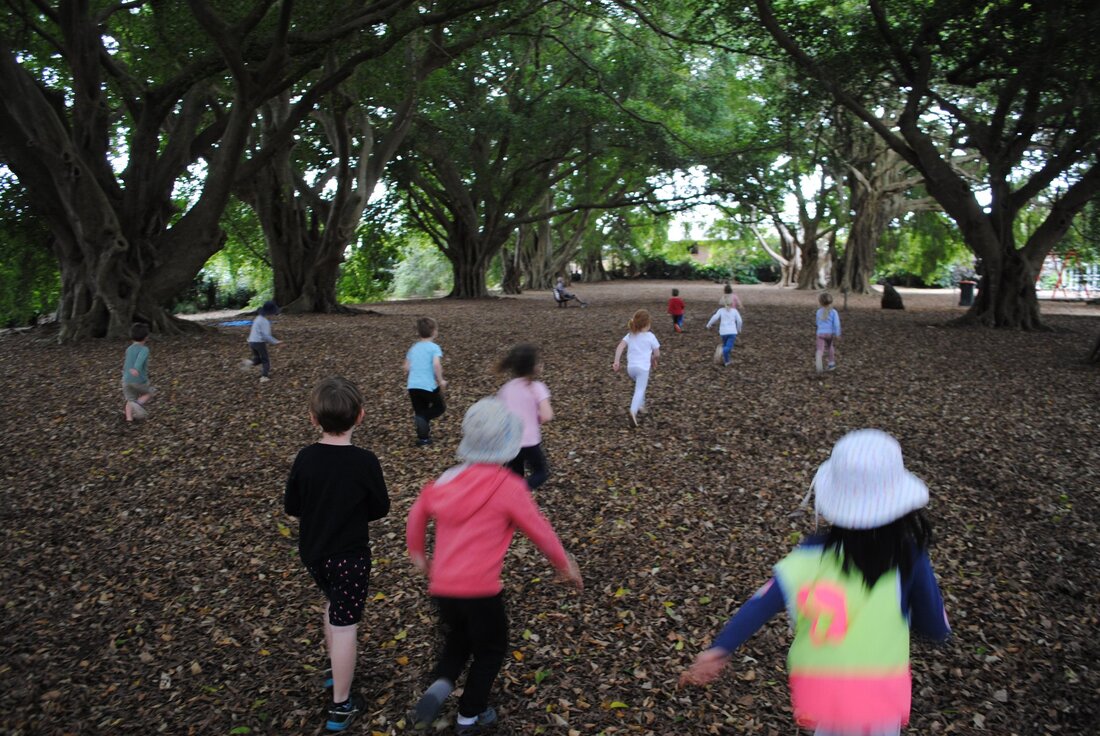
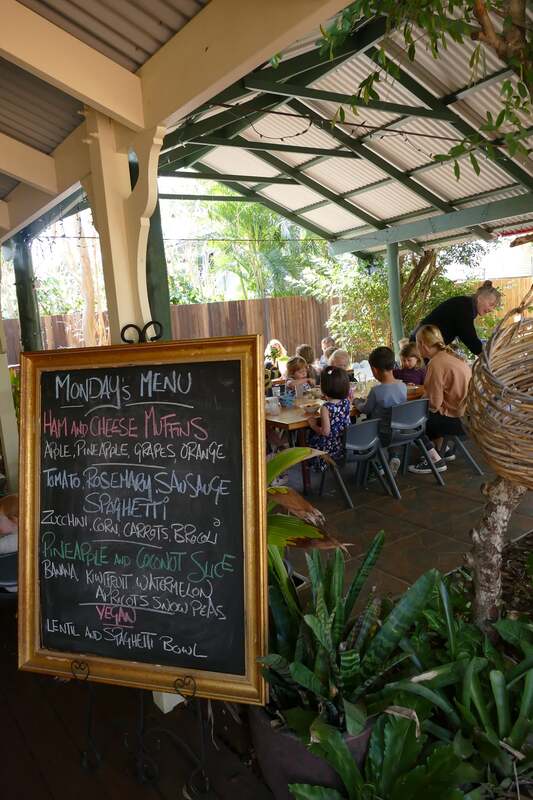
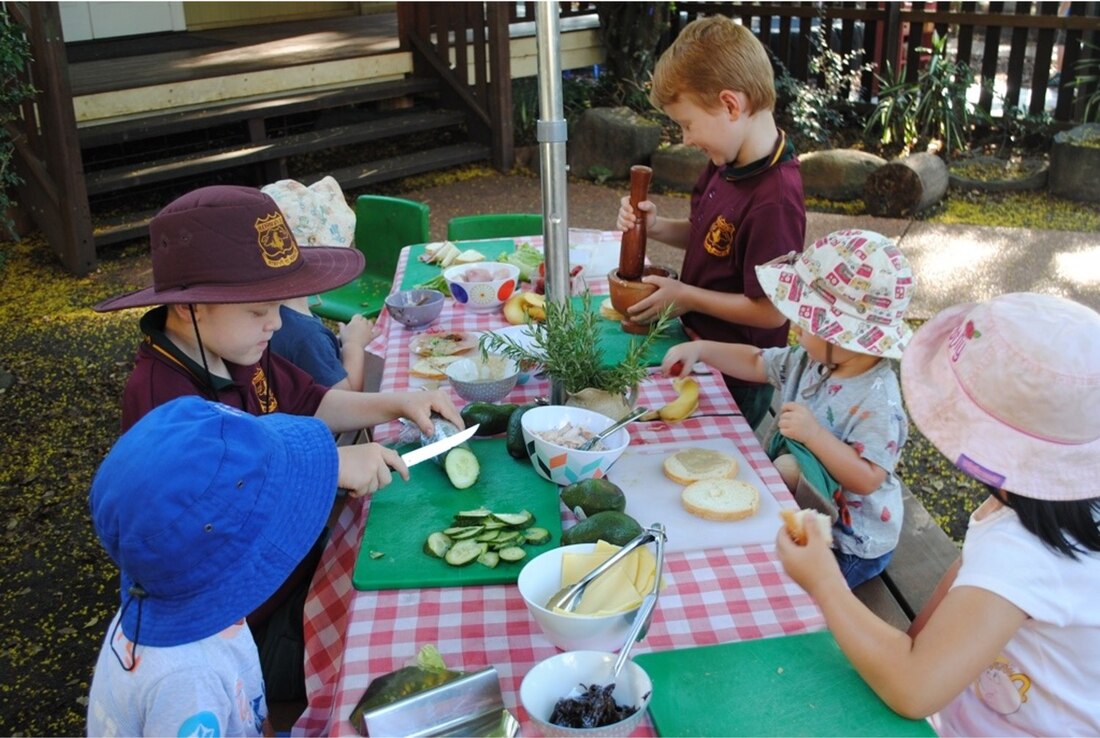
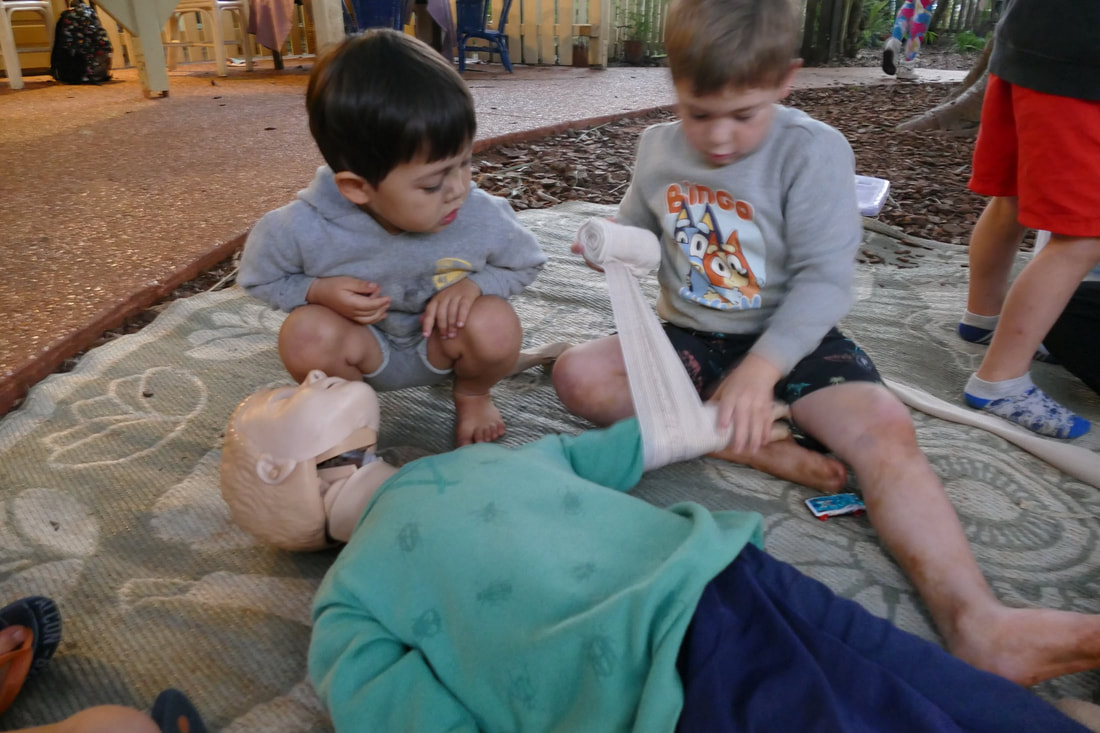
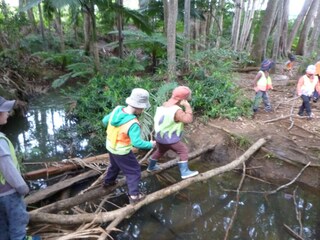
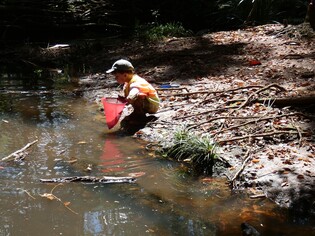
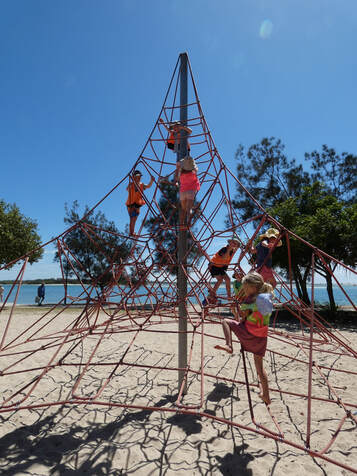
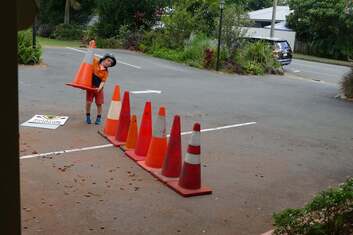
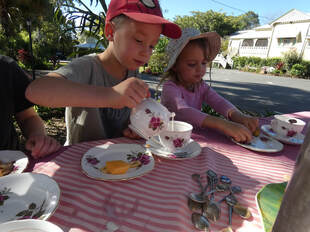
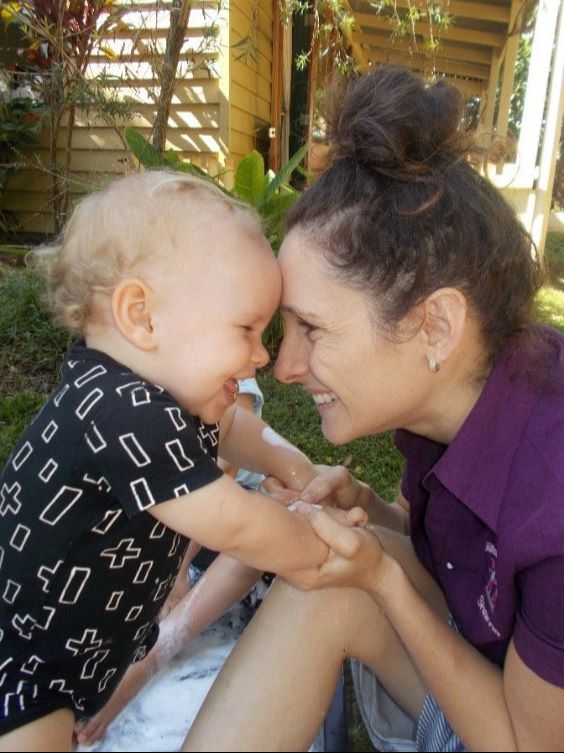
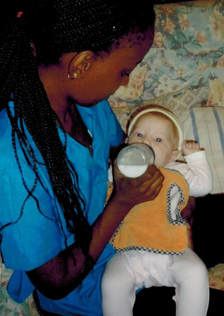
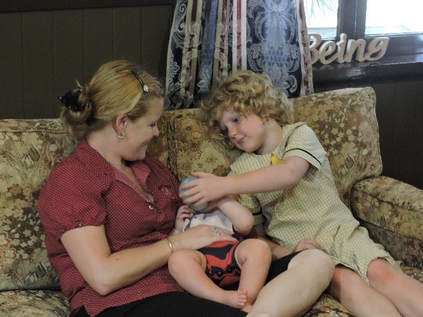
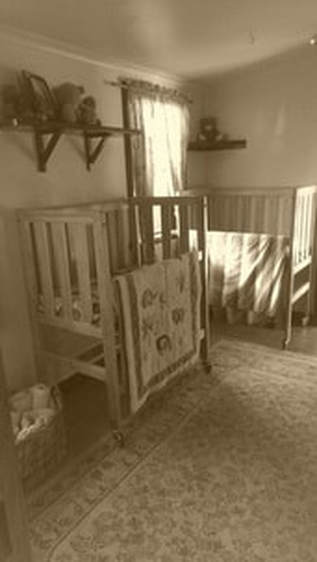
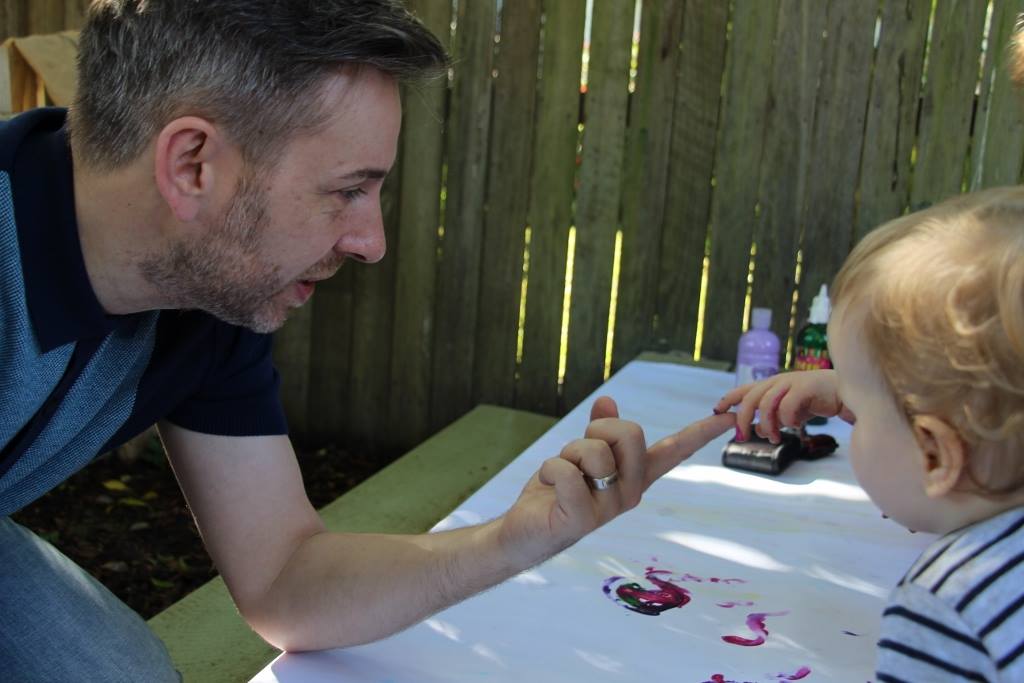
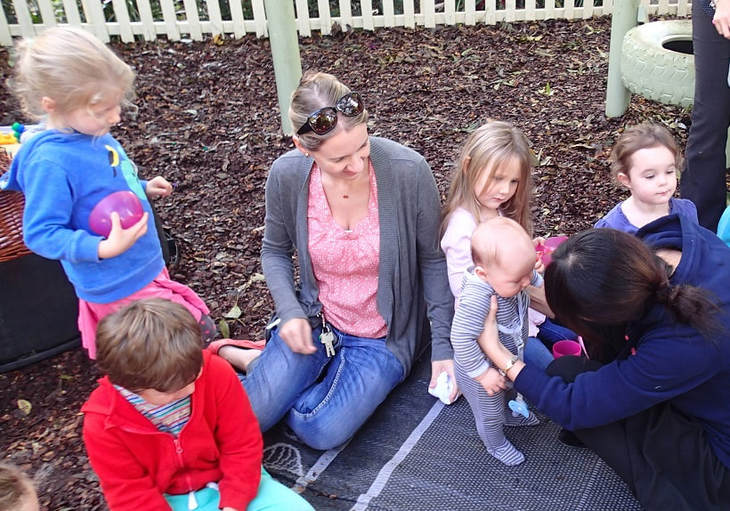
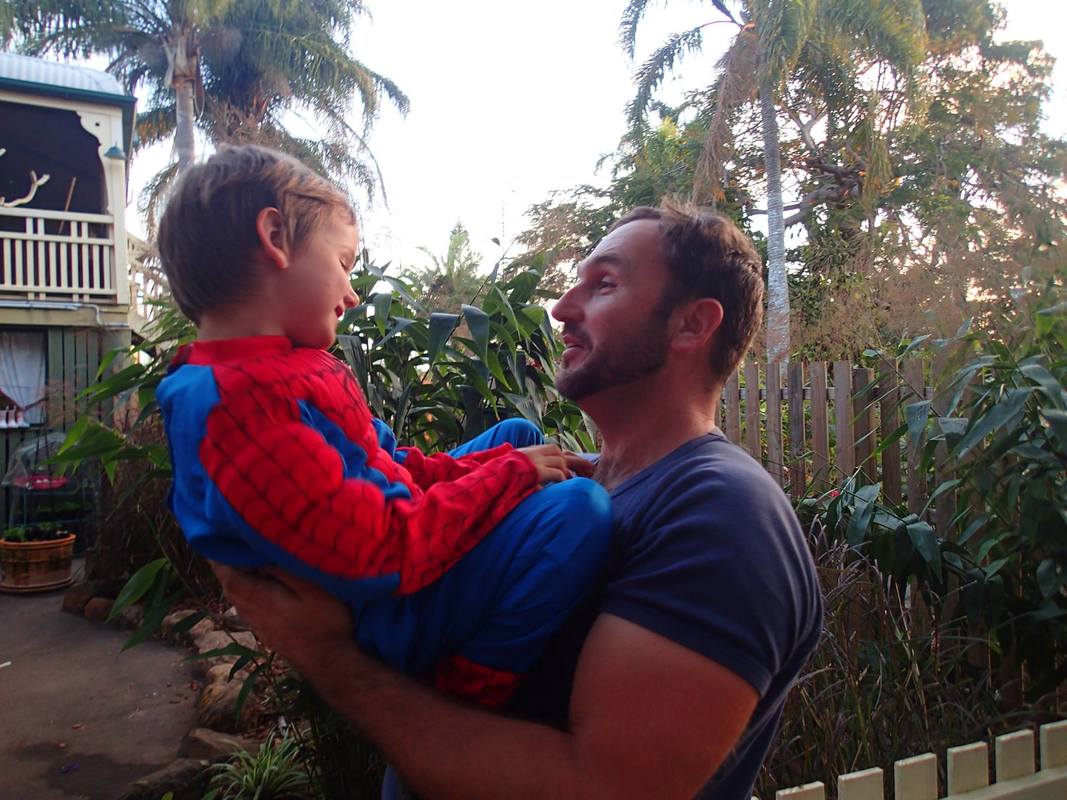
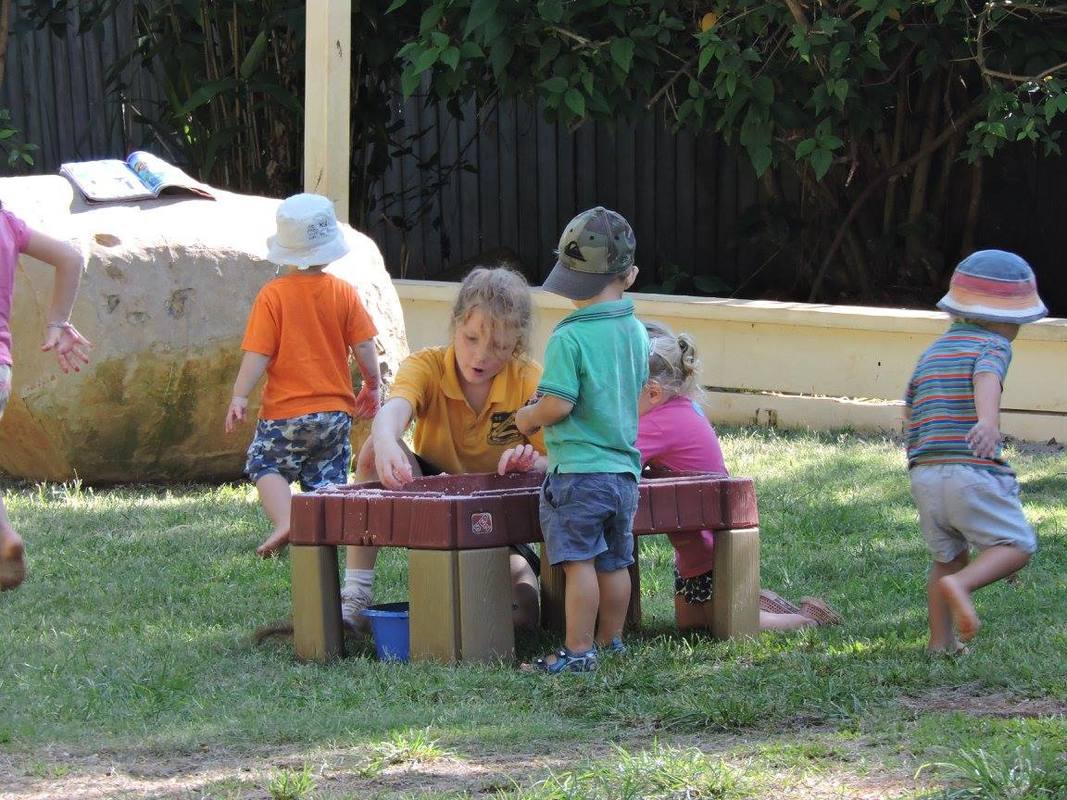
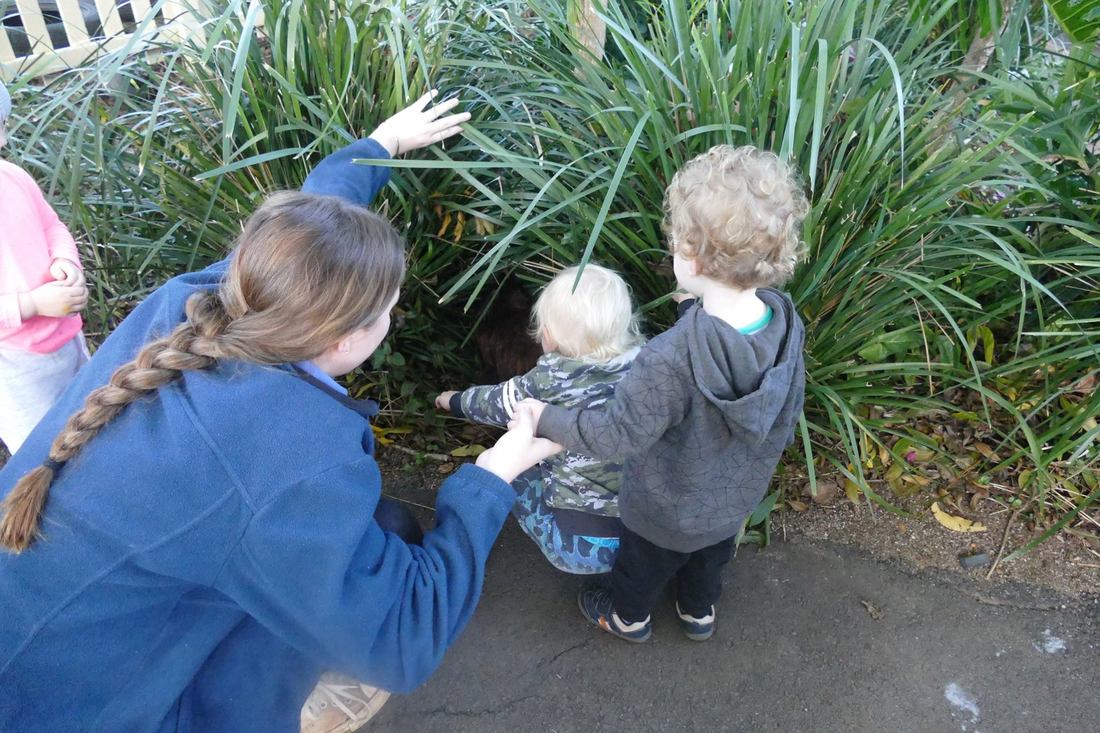
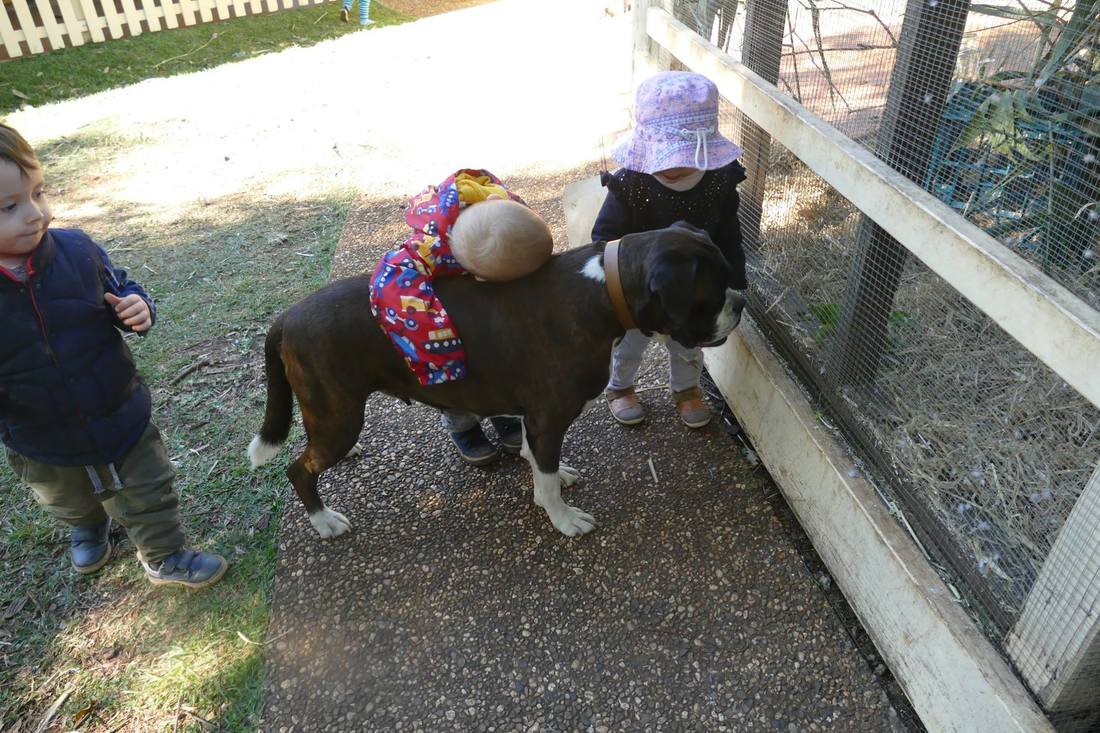
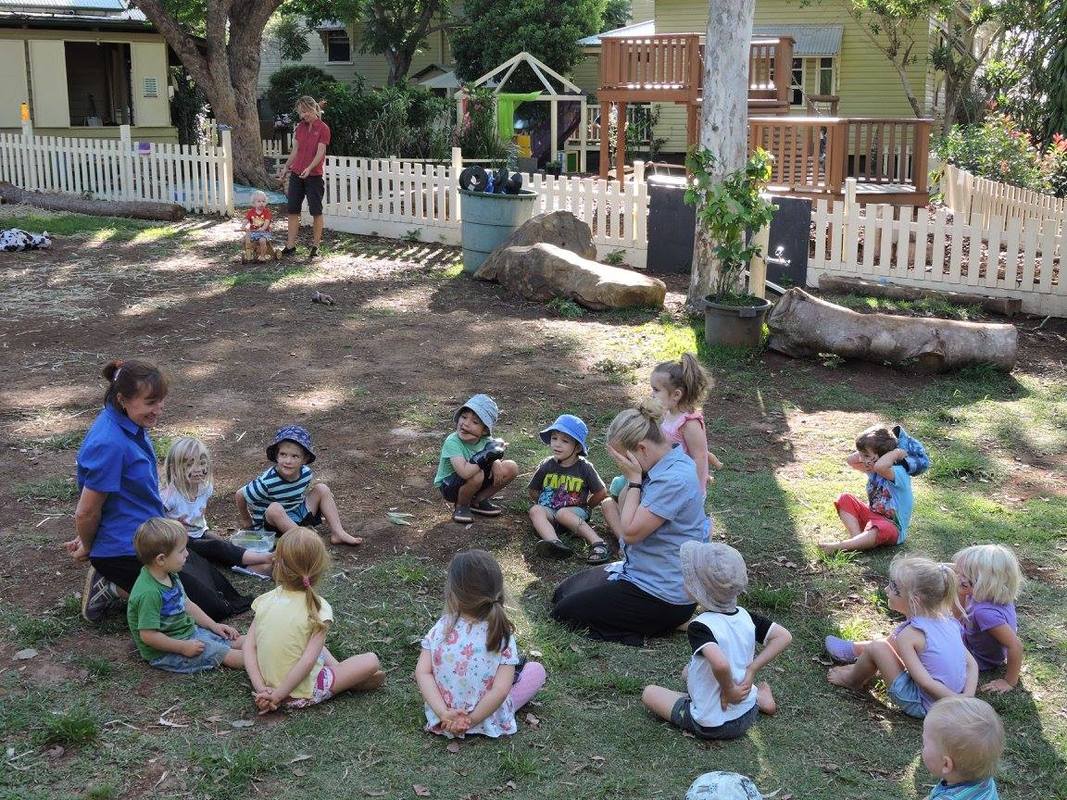
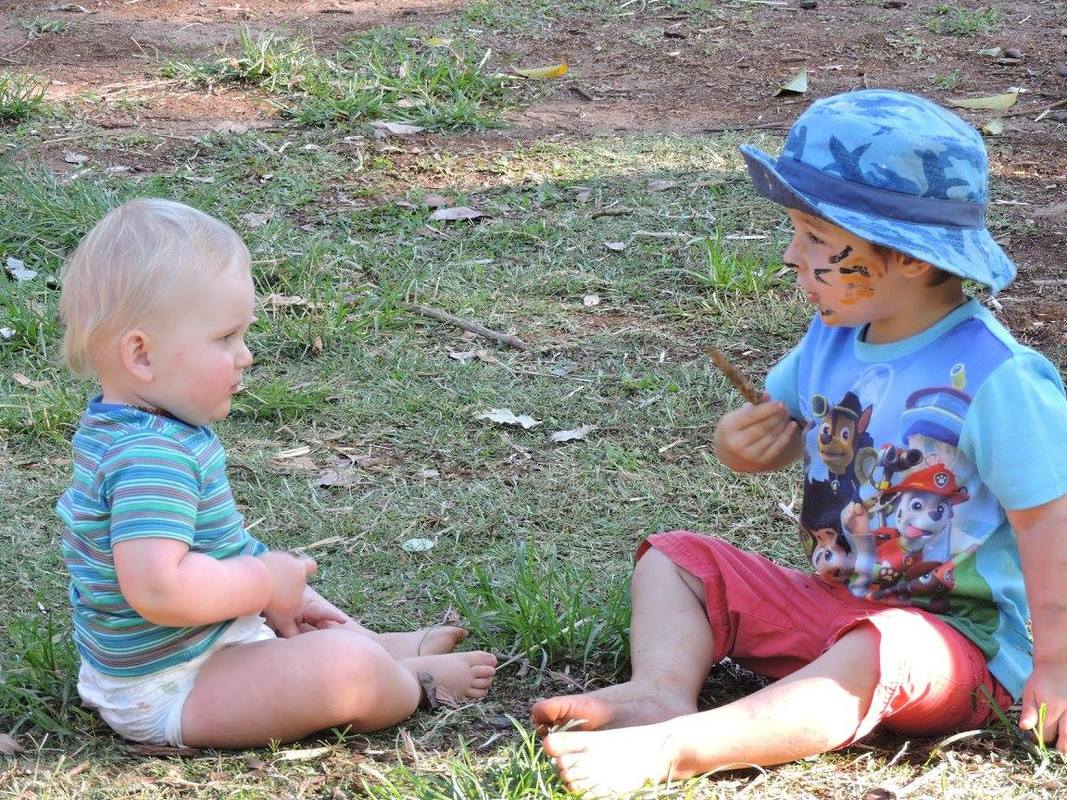
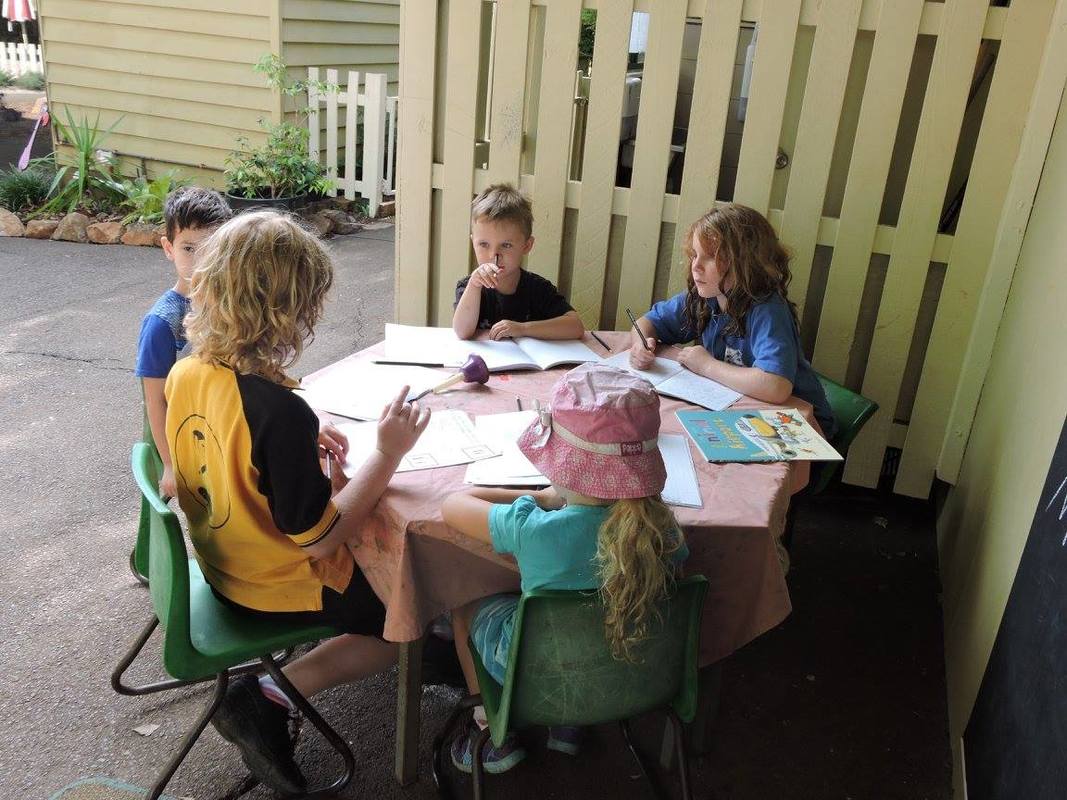
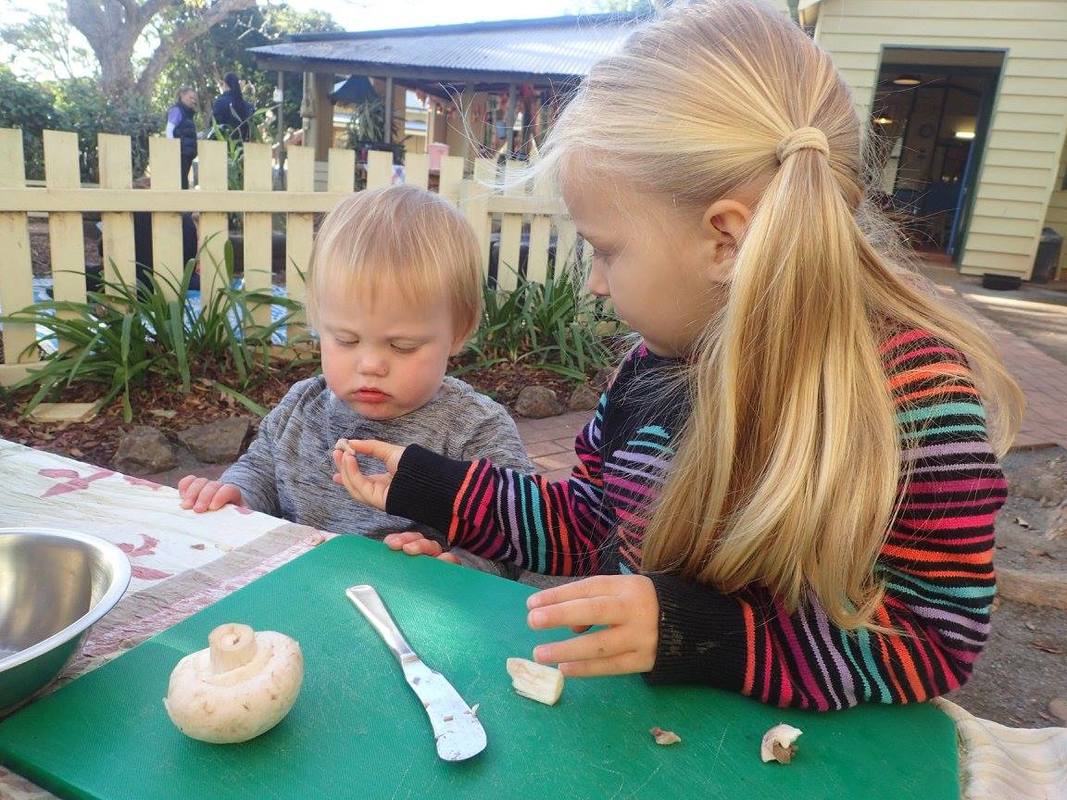
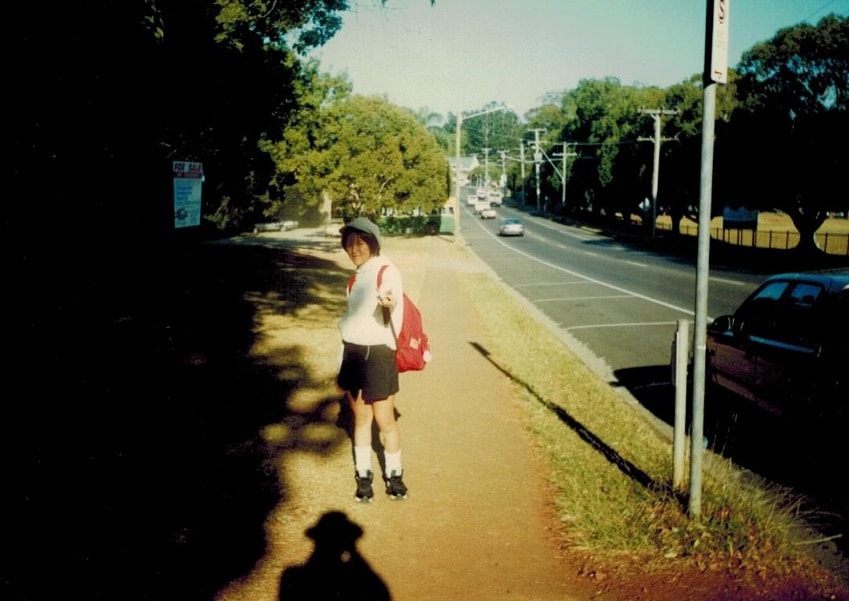
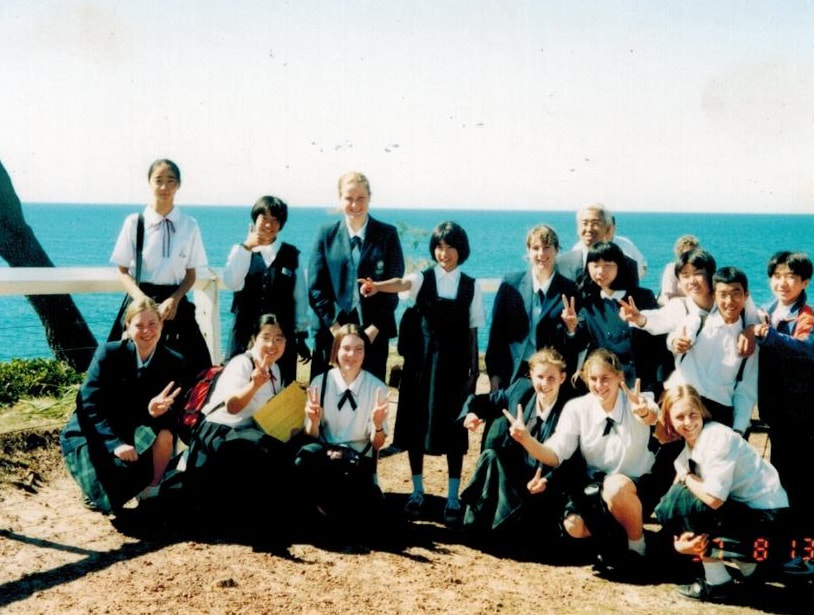
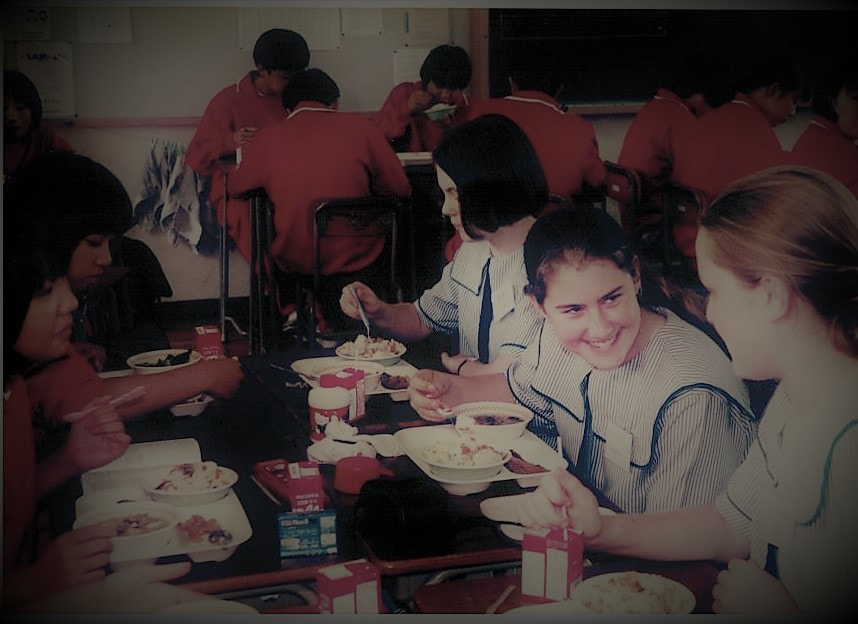
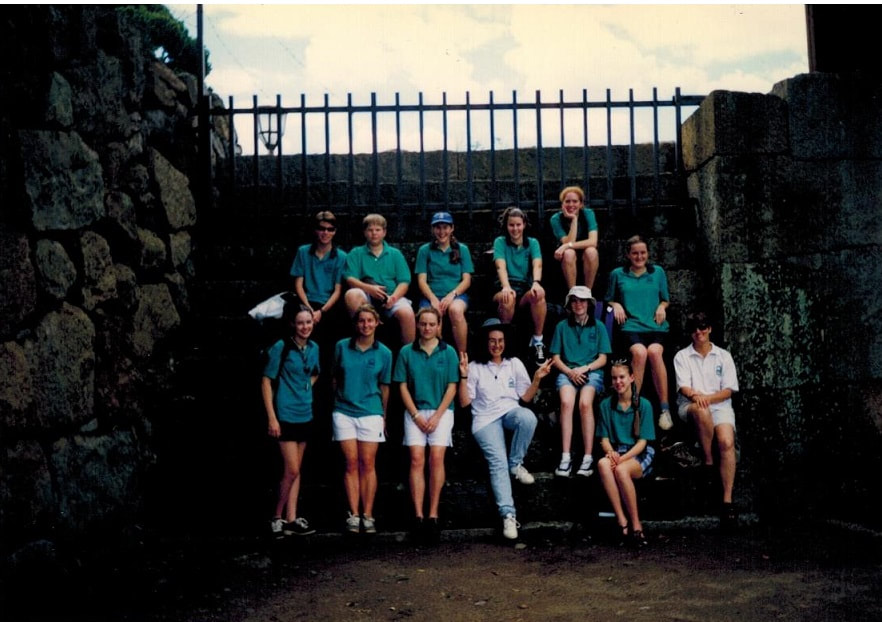
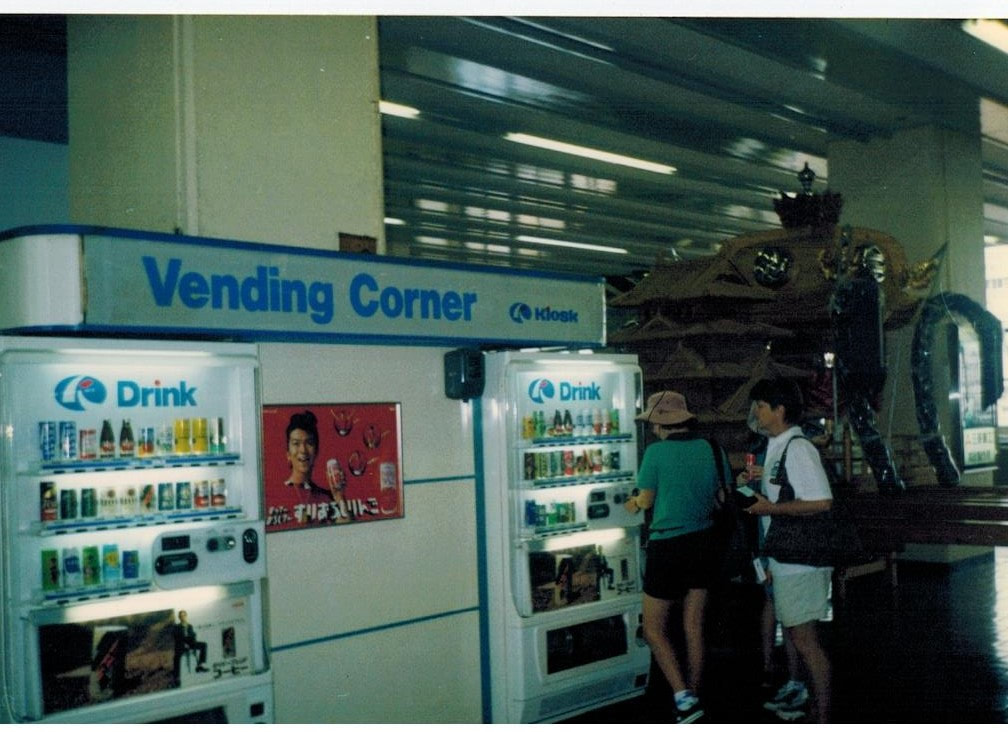

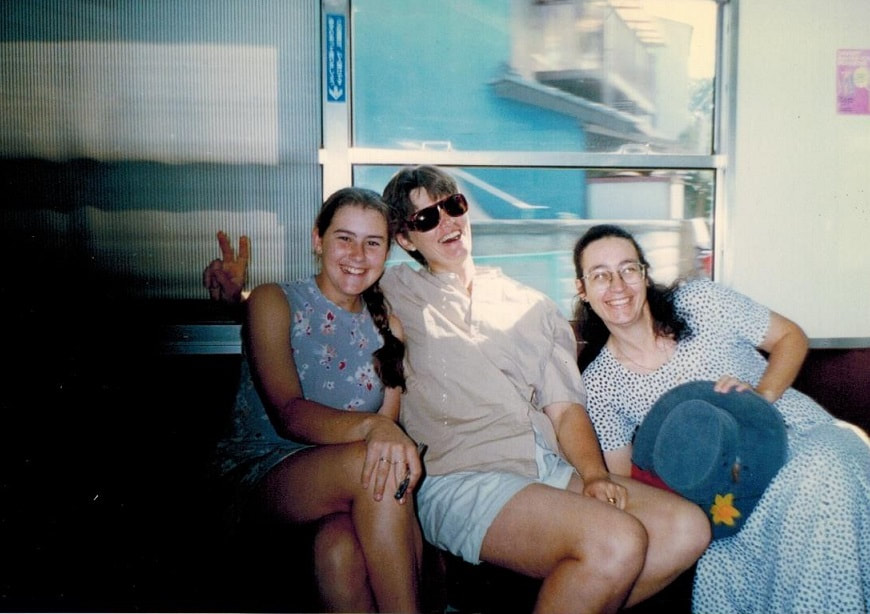
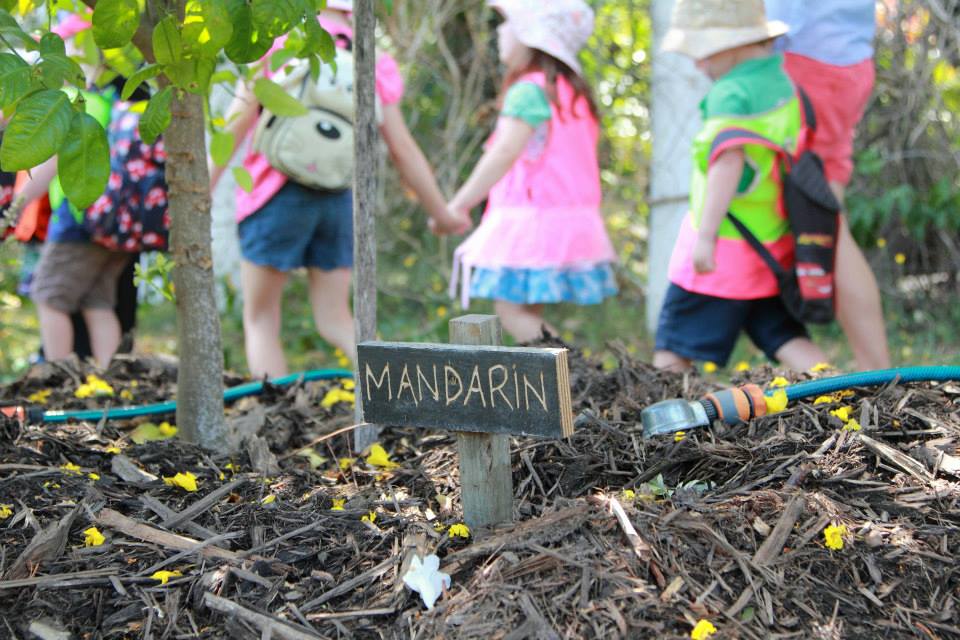
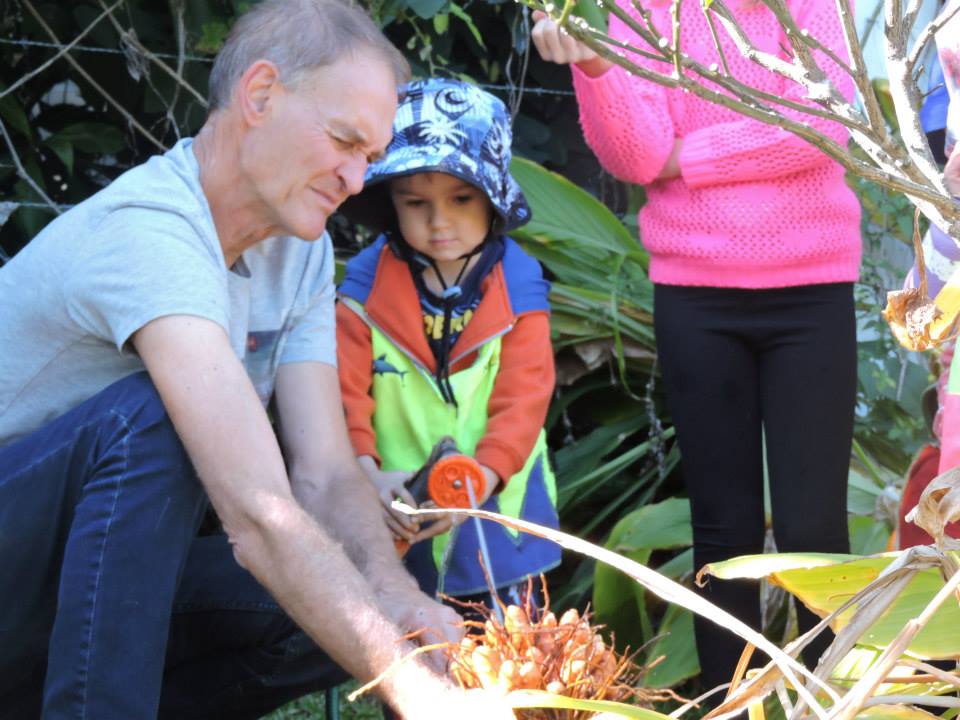
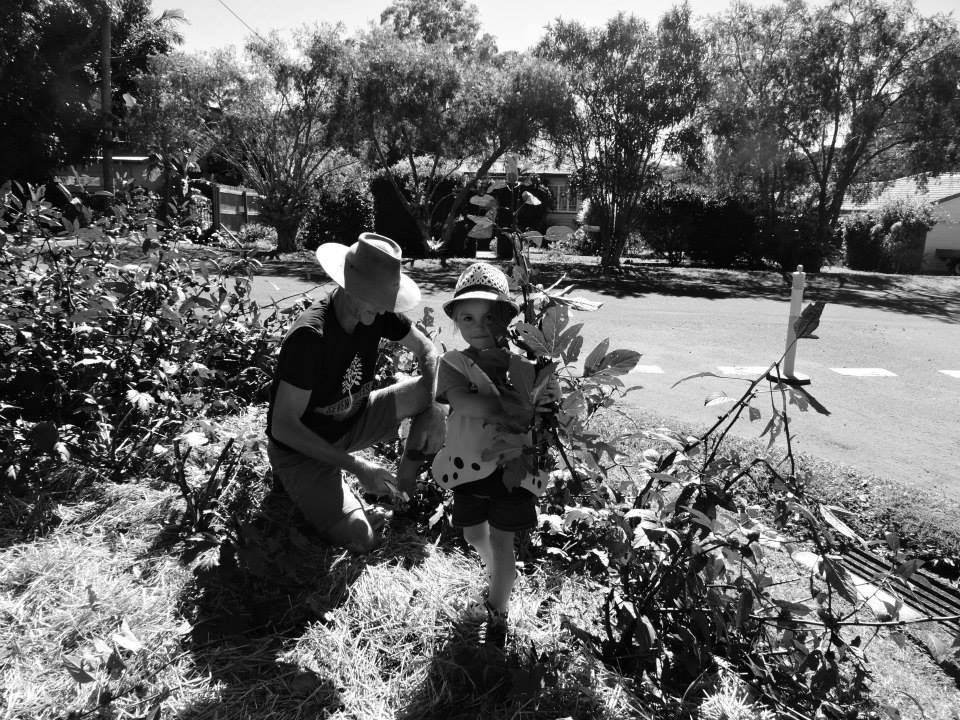
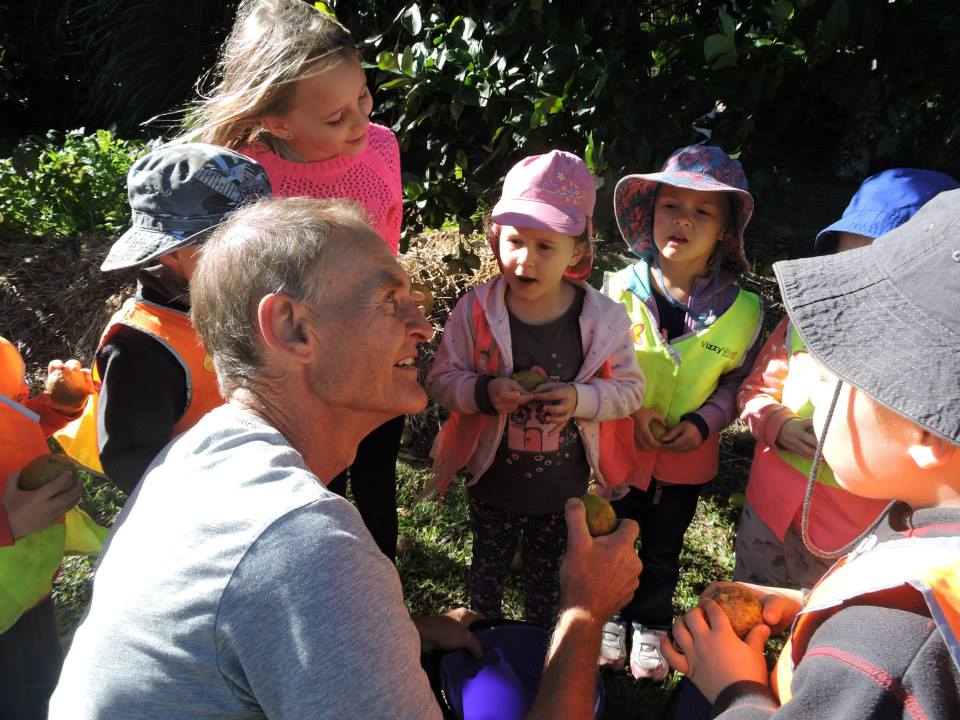
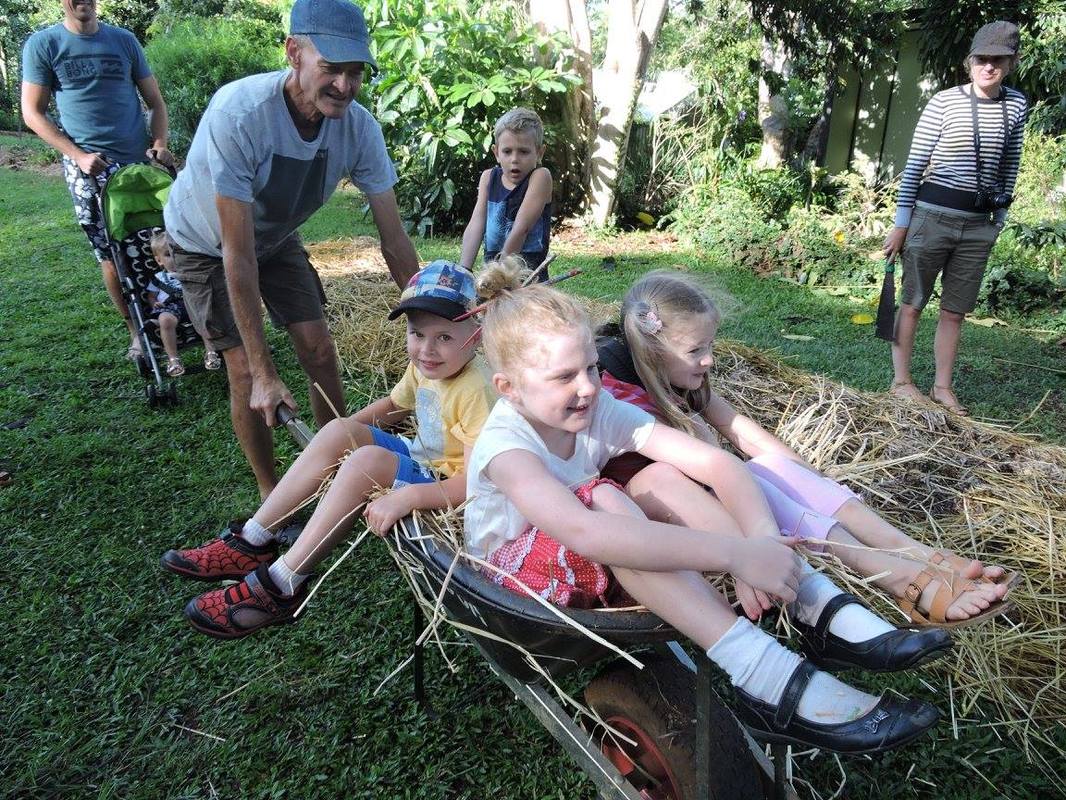
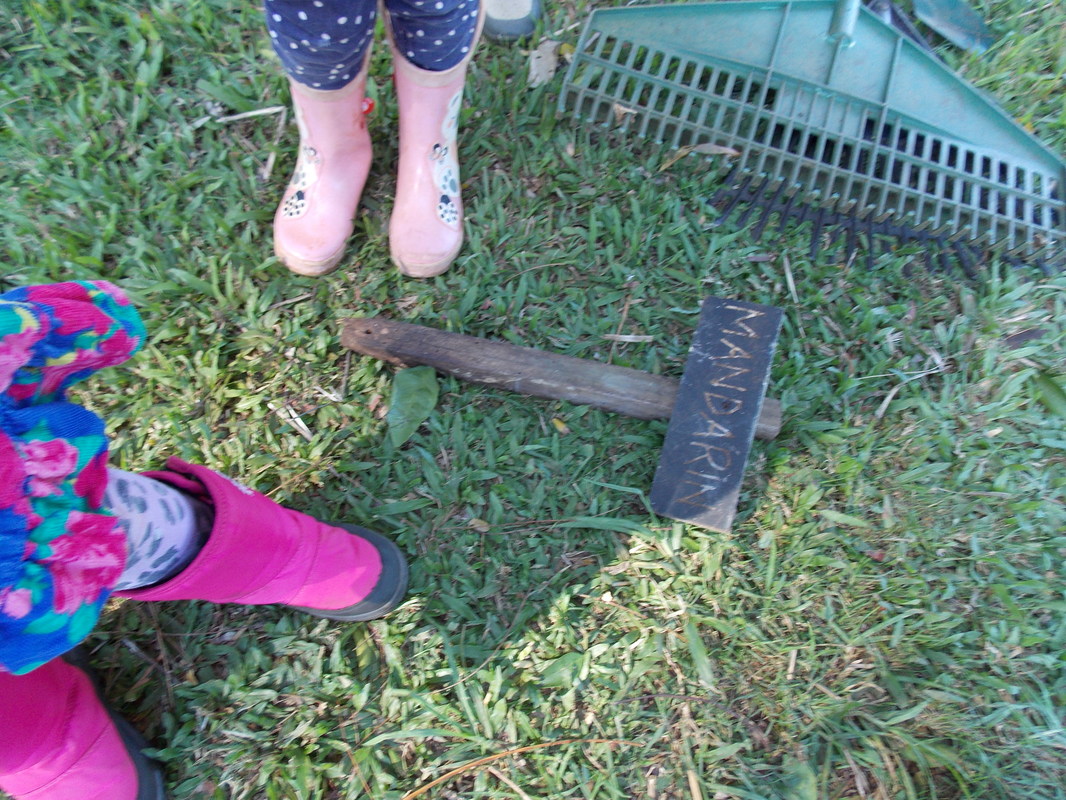
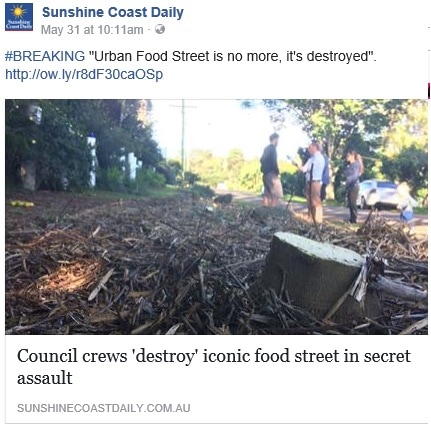
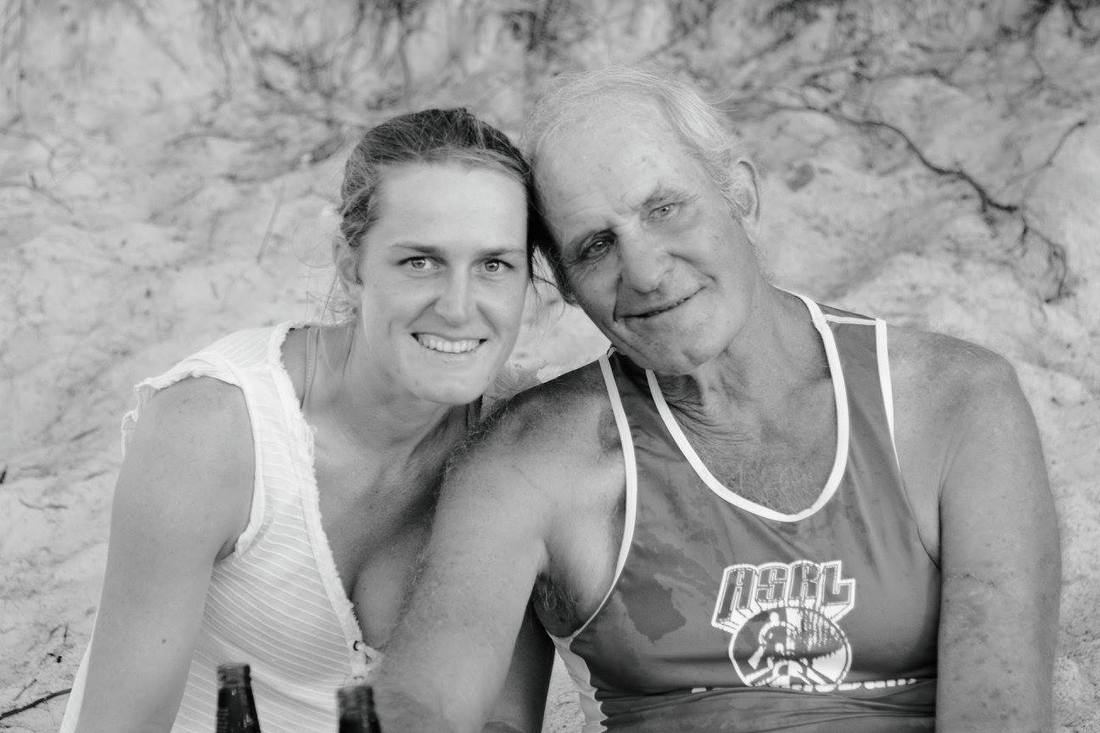
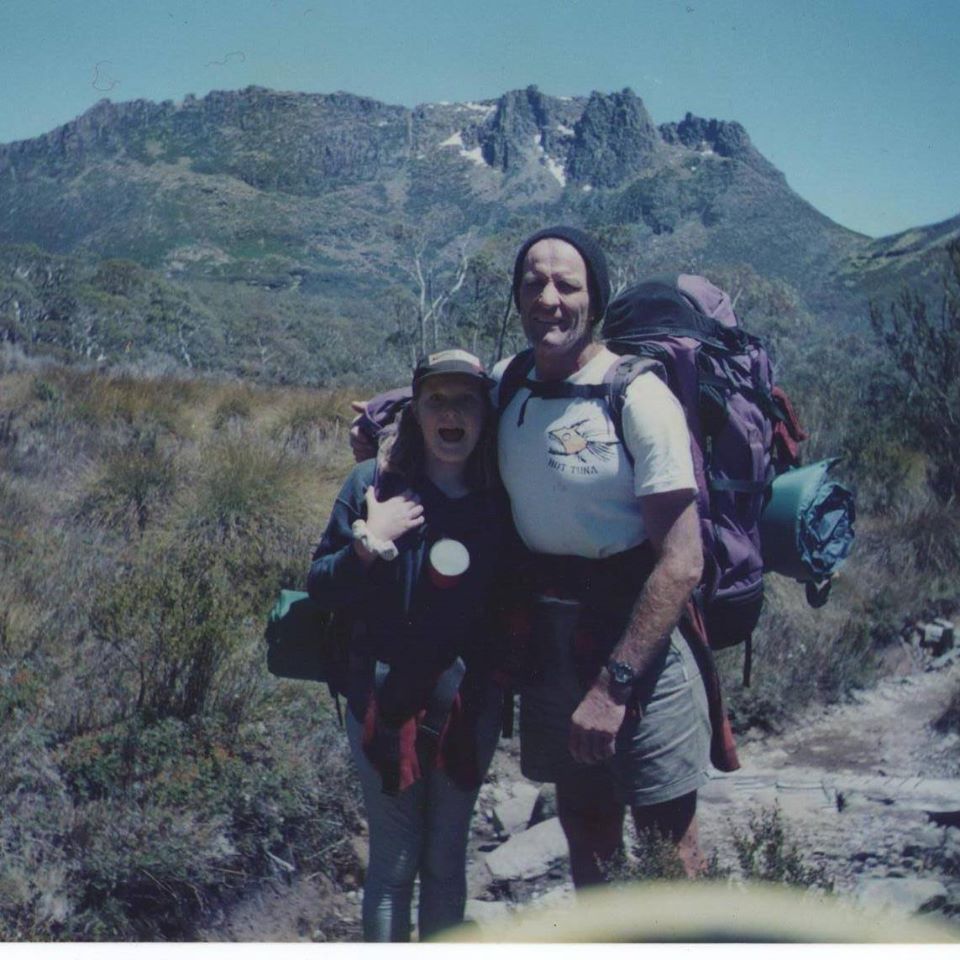
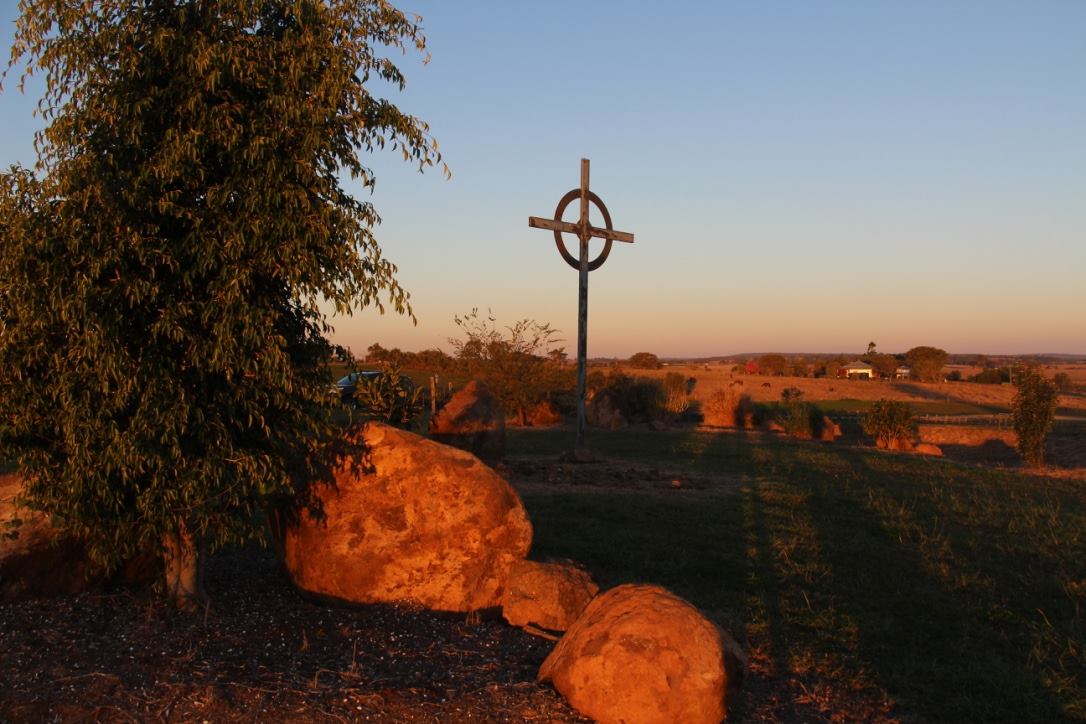
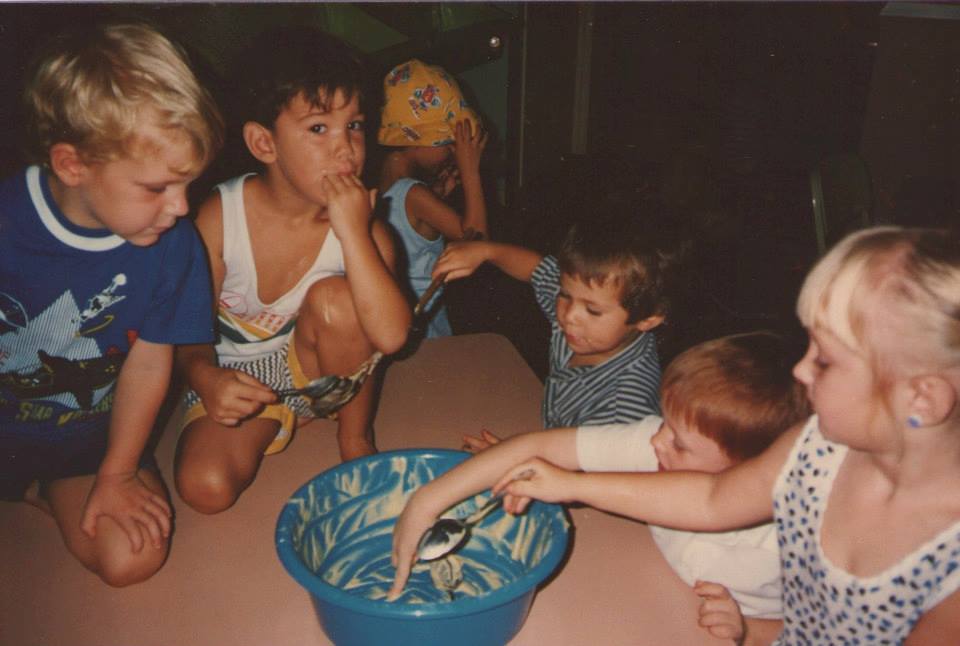
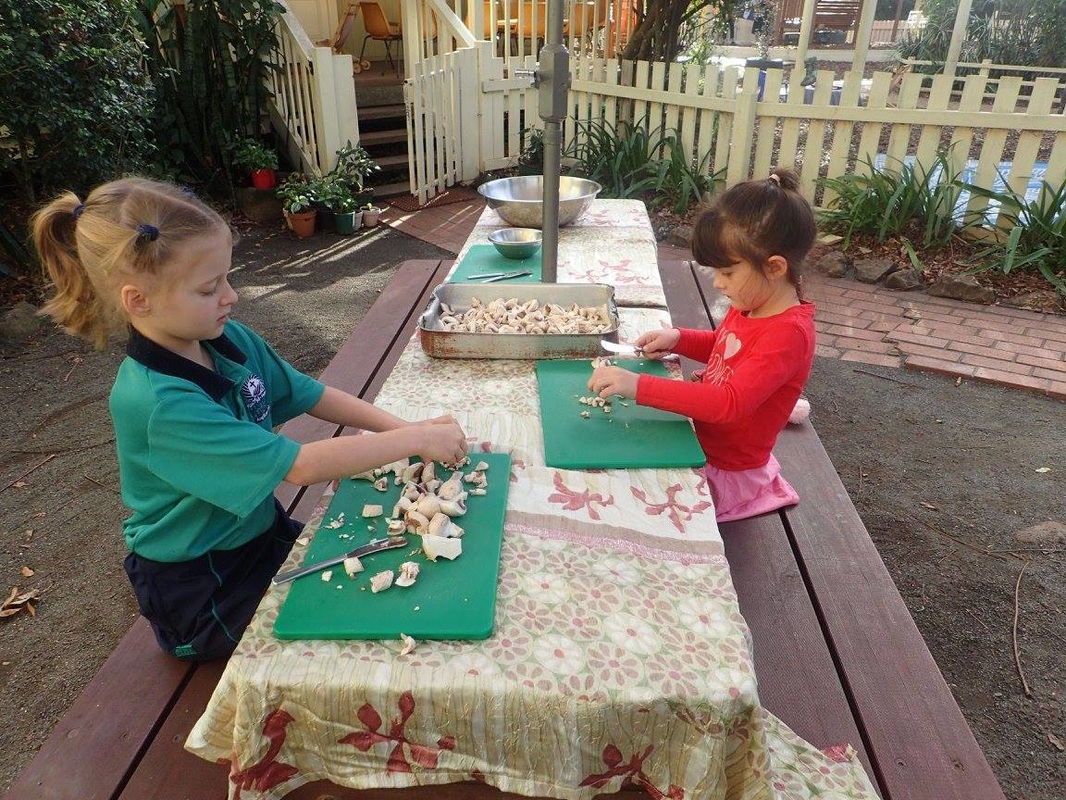
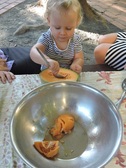
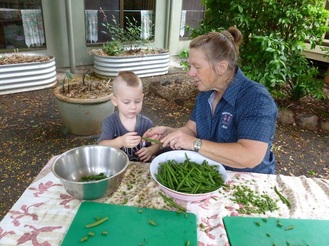
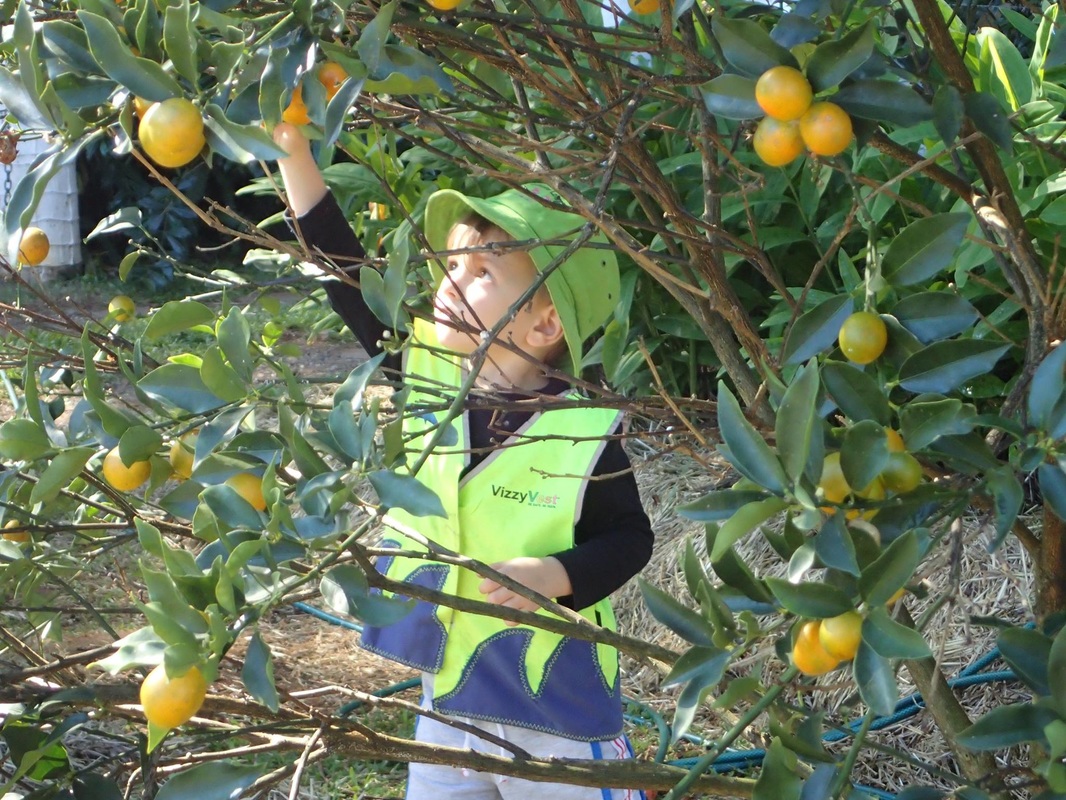

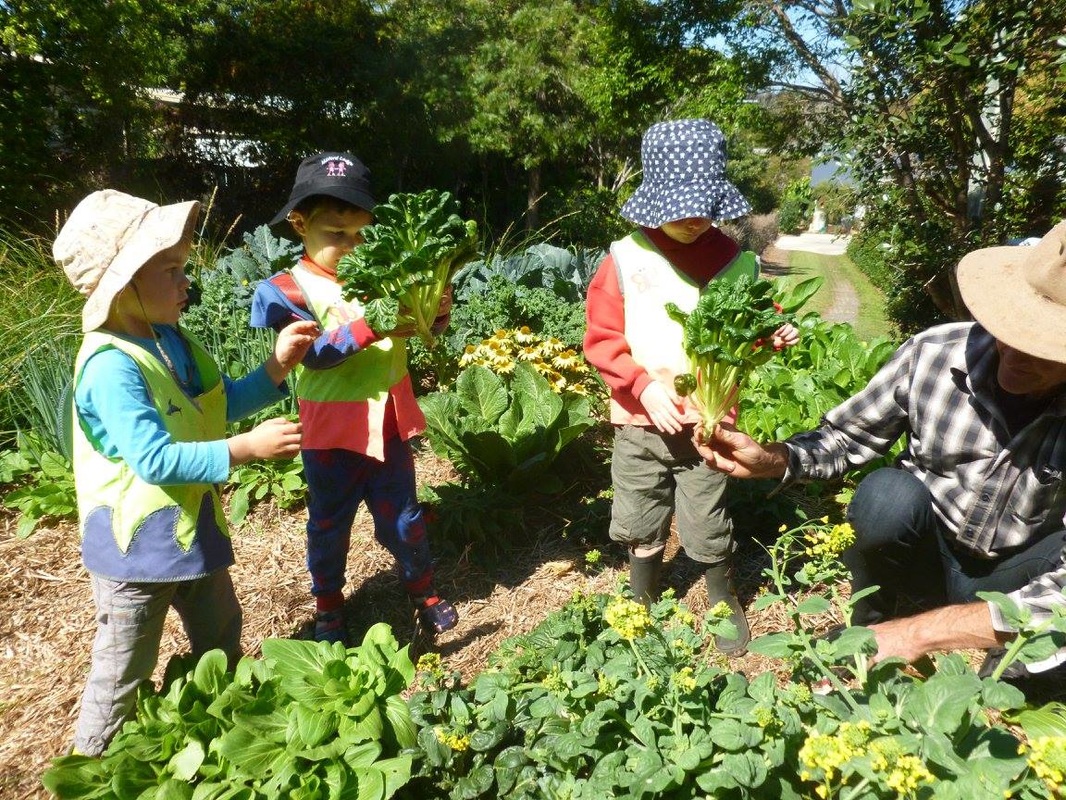
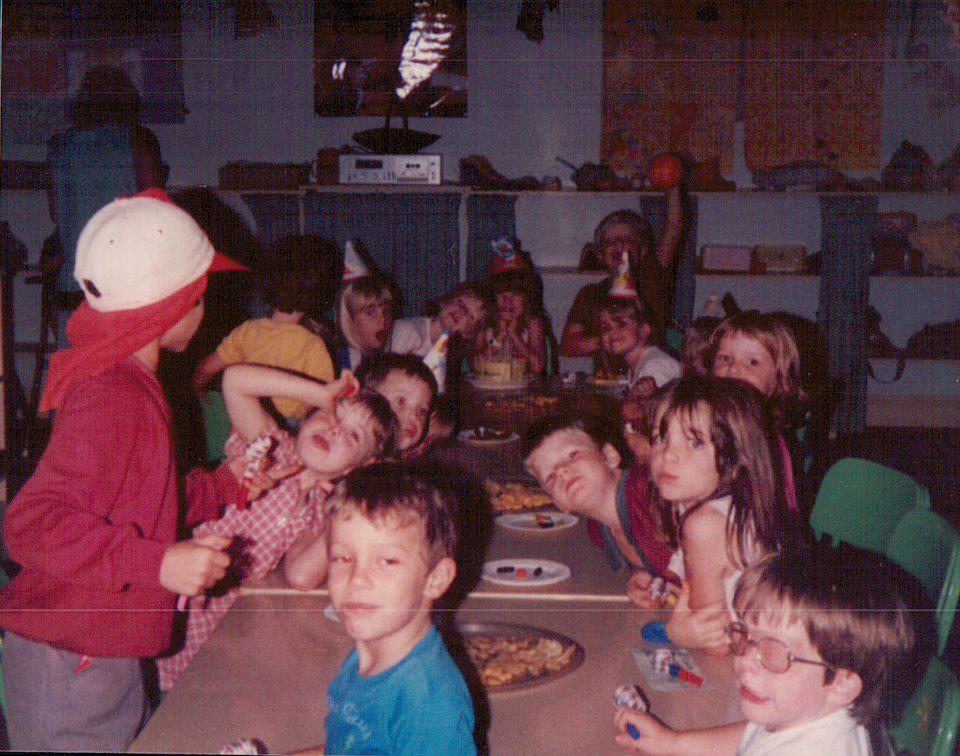
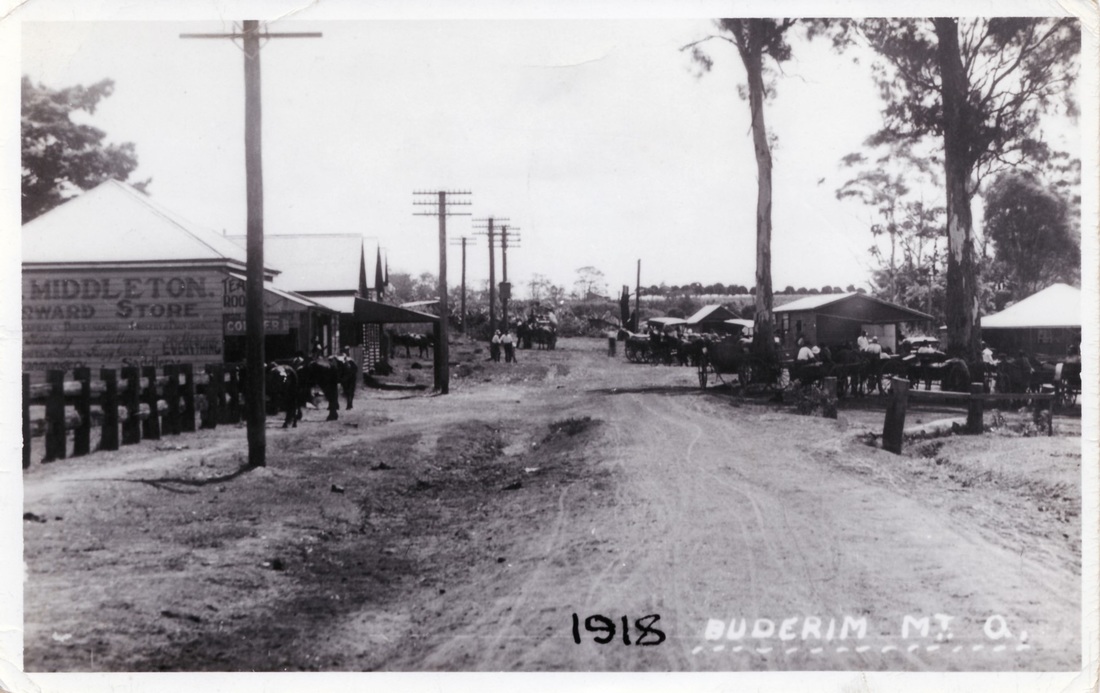
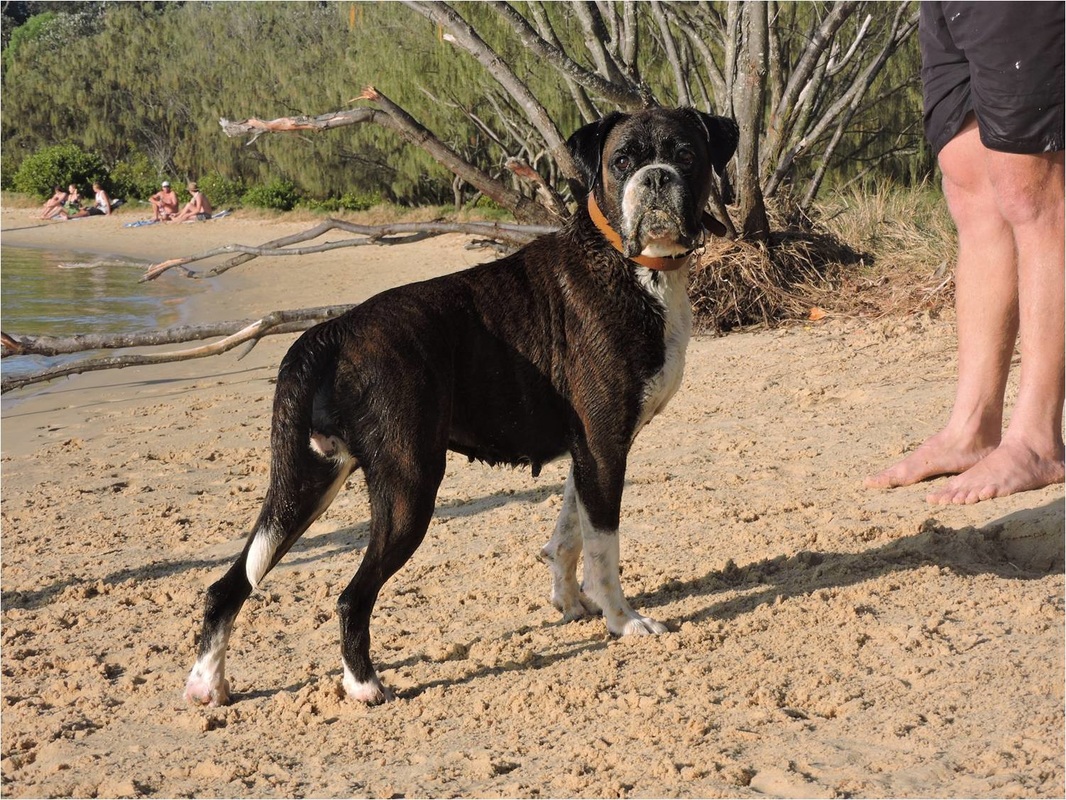
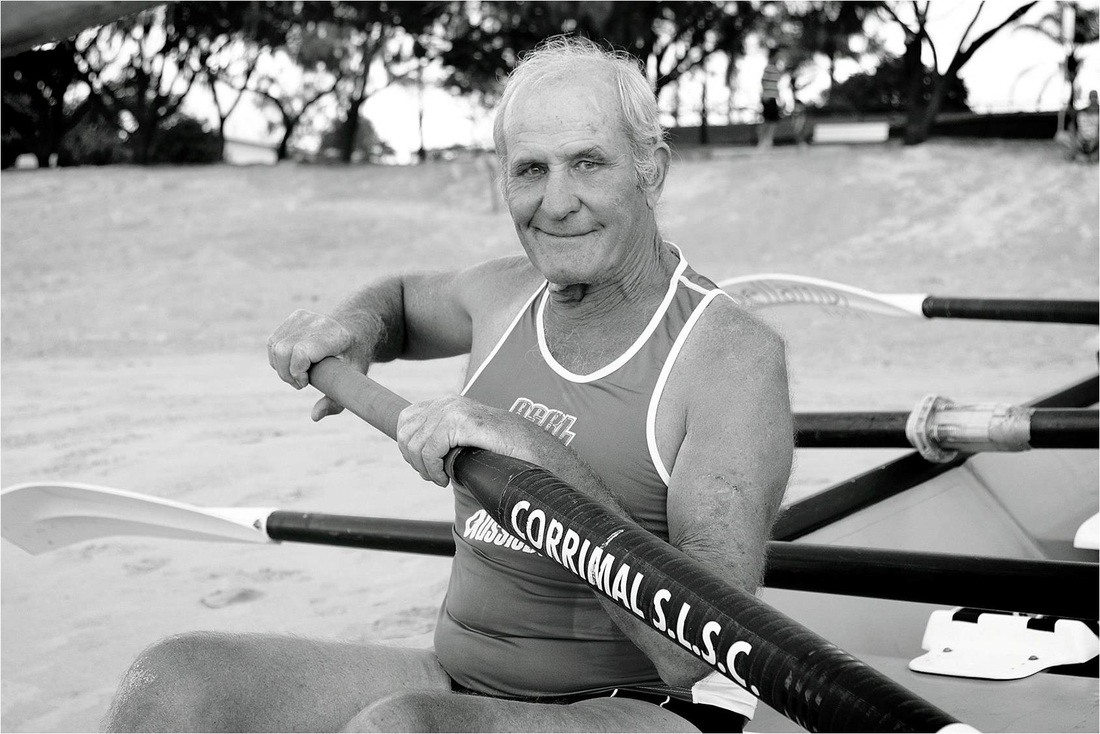
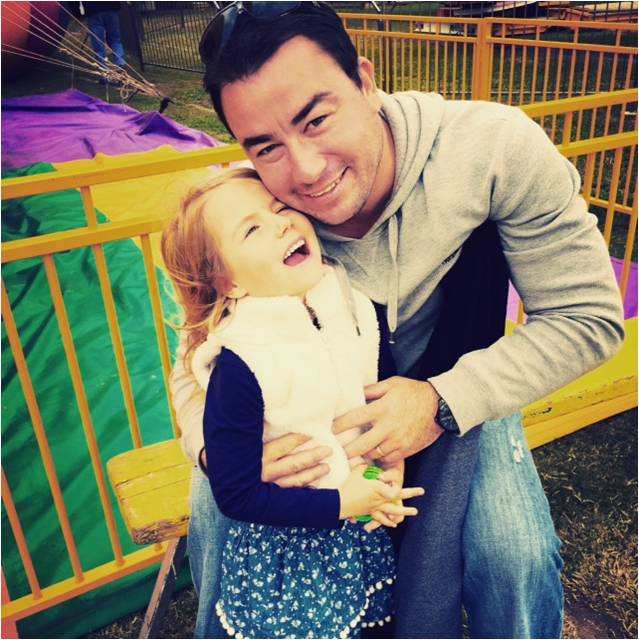




 RSS Feed
RSS Feed
